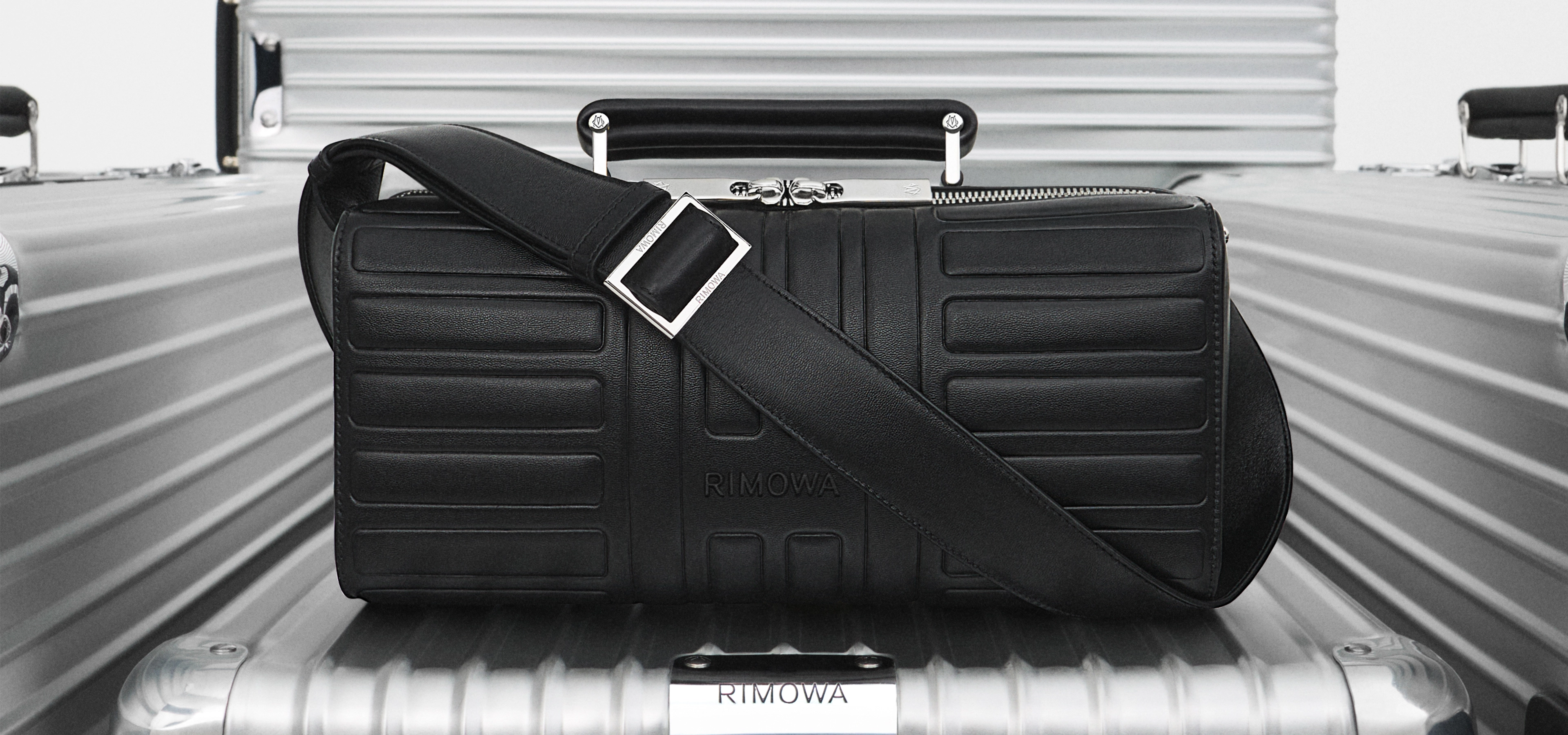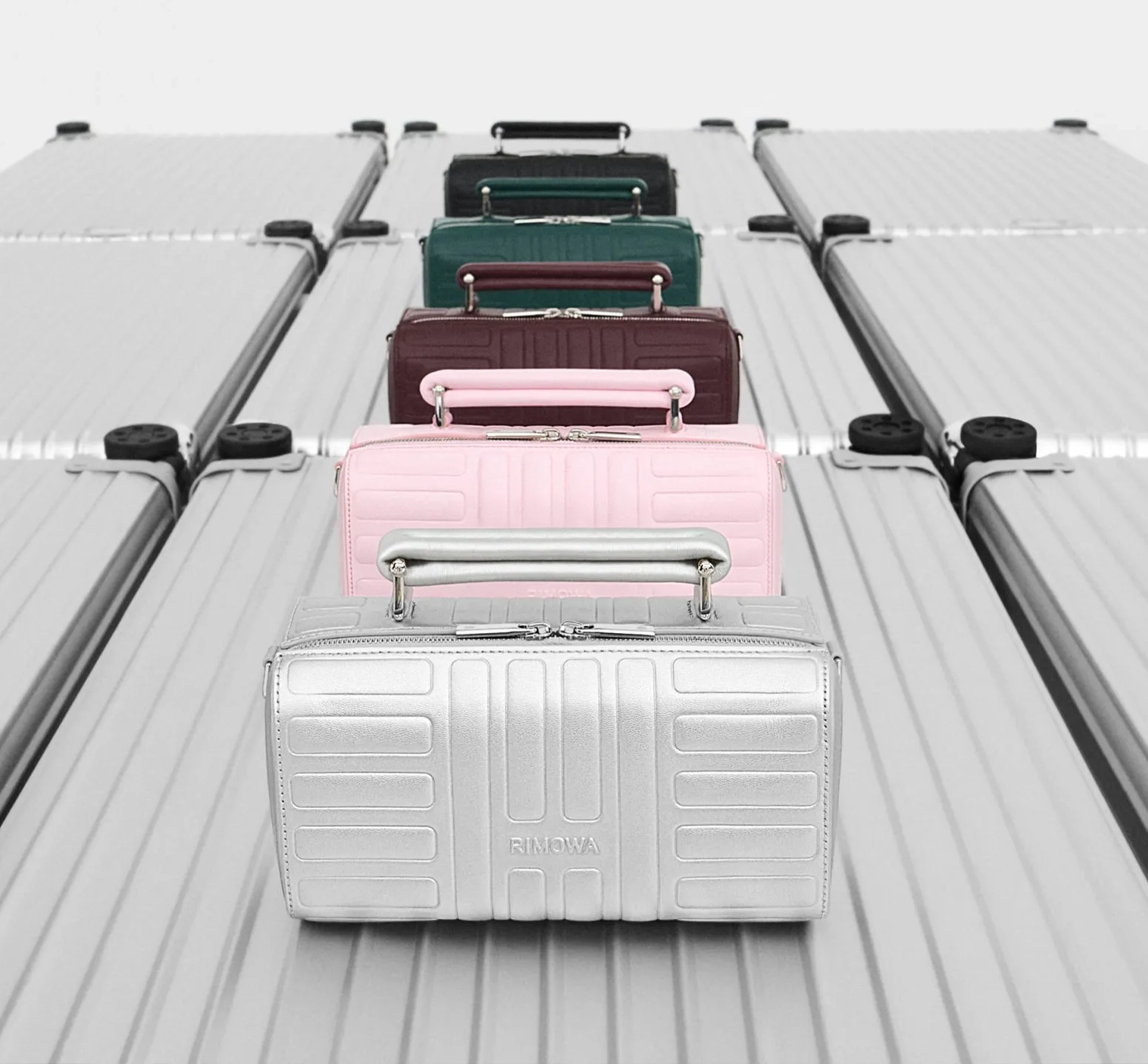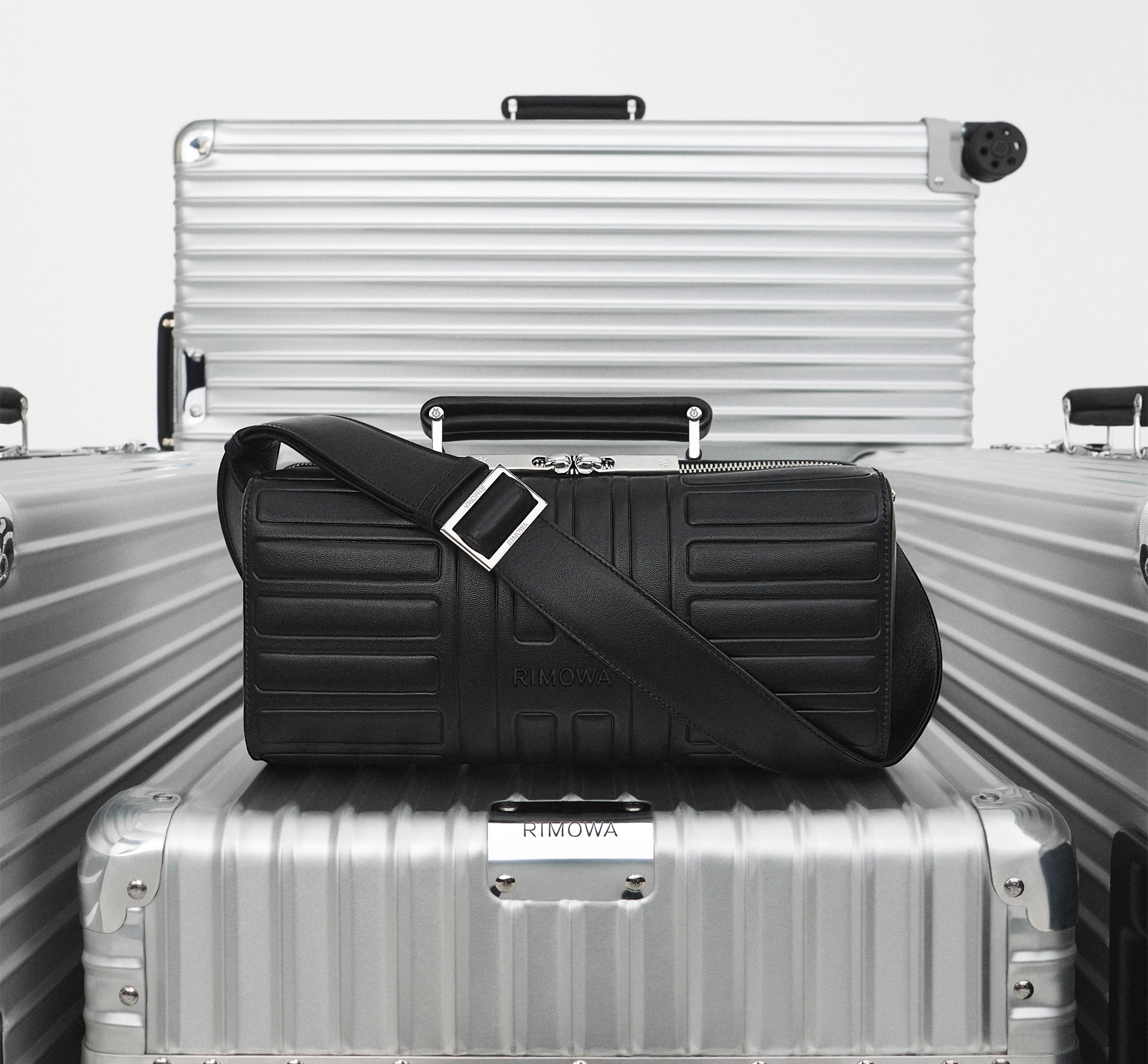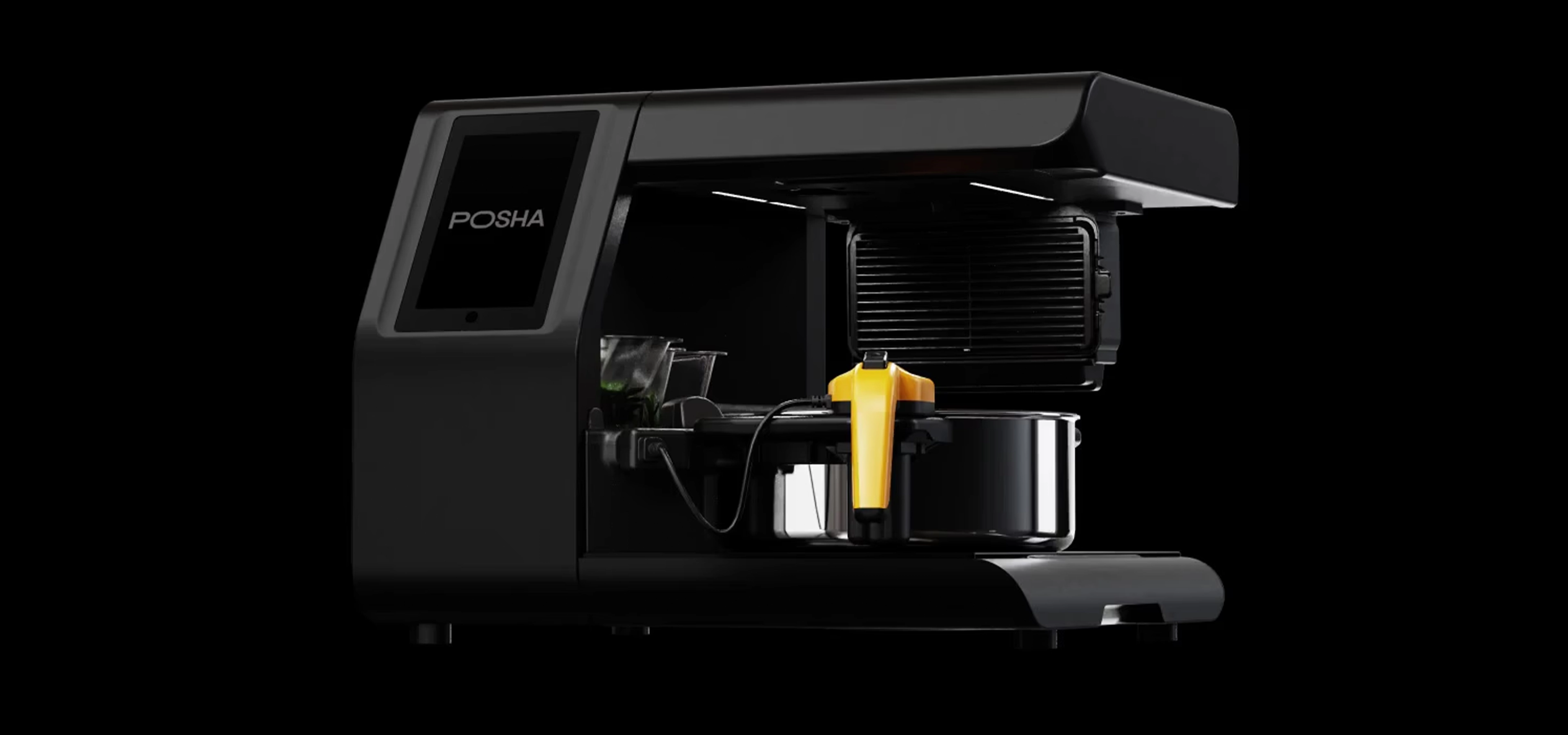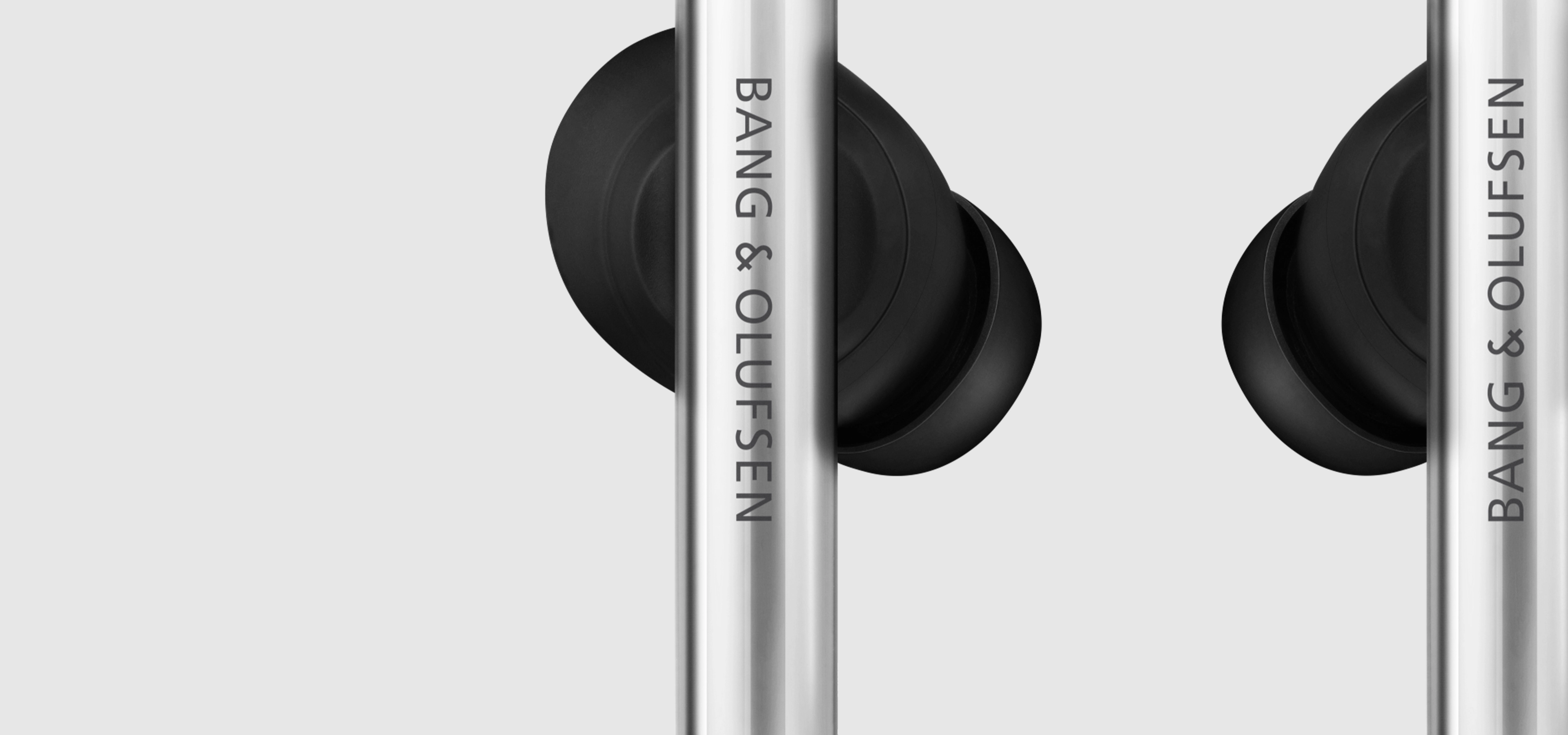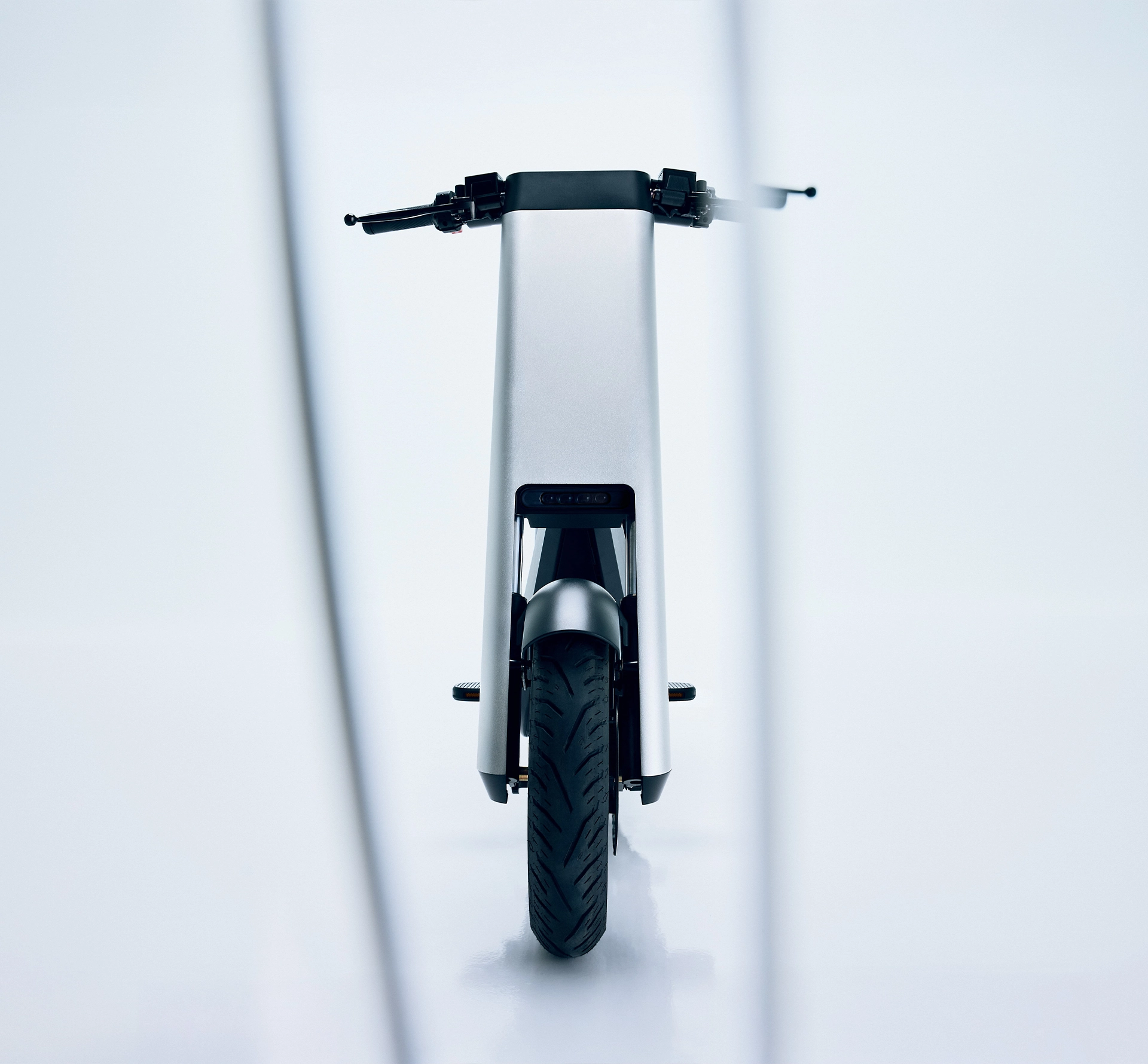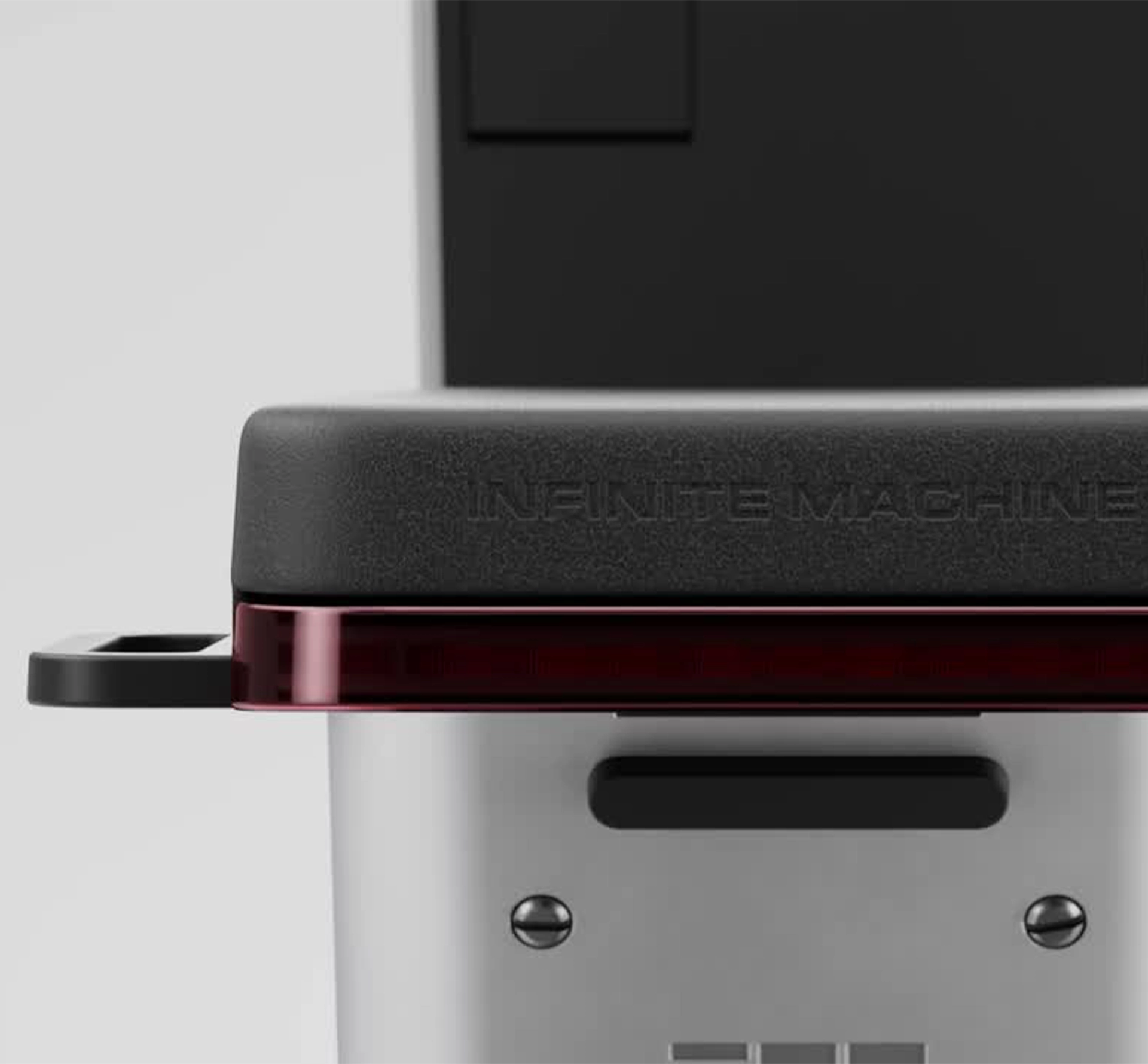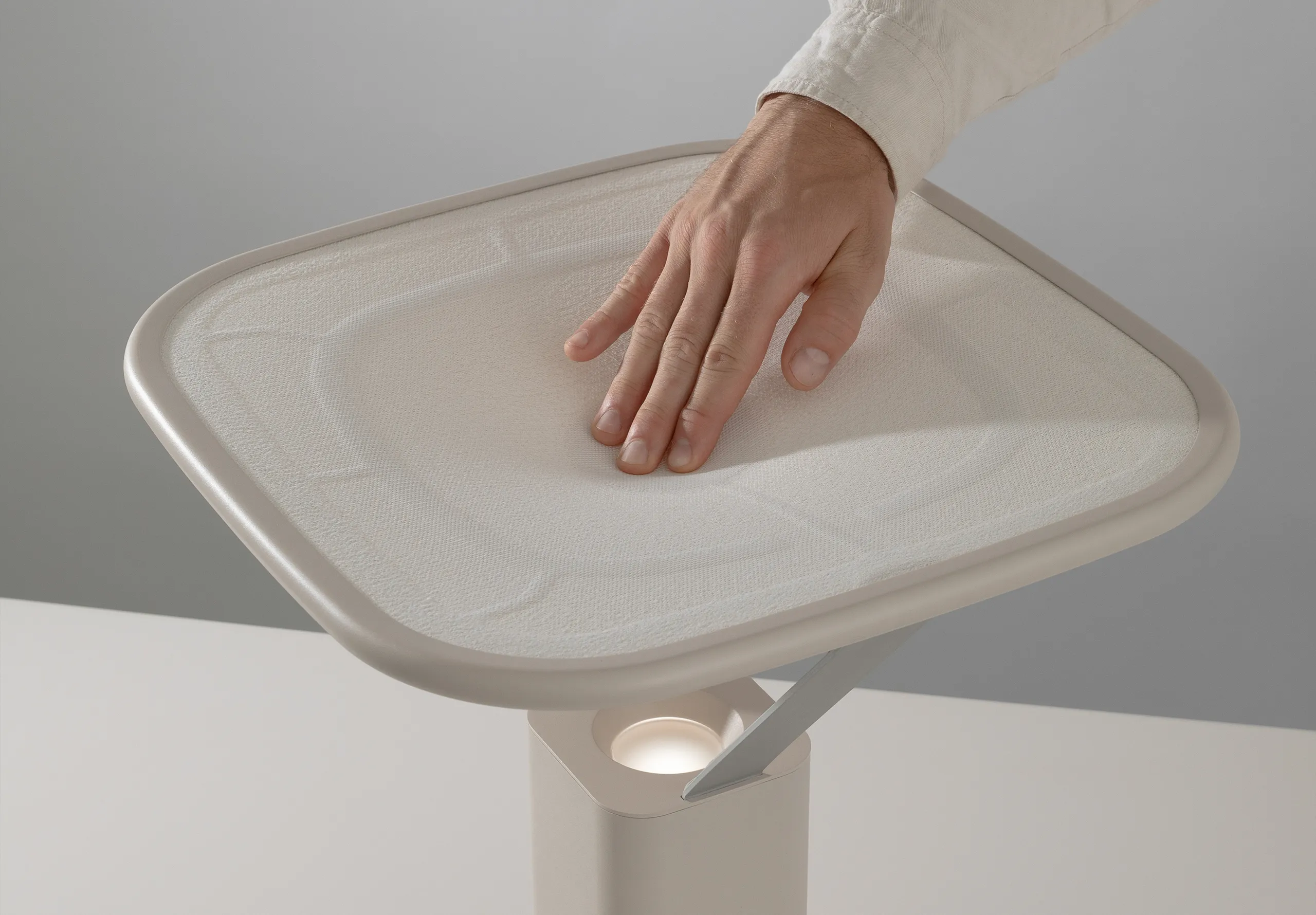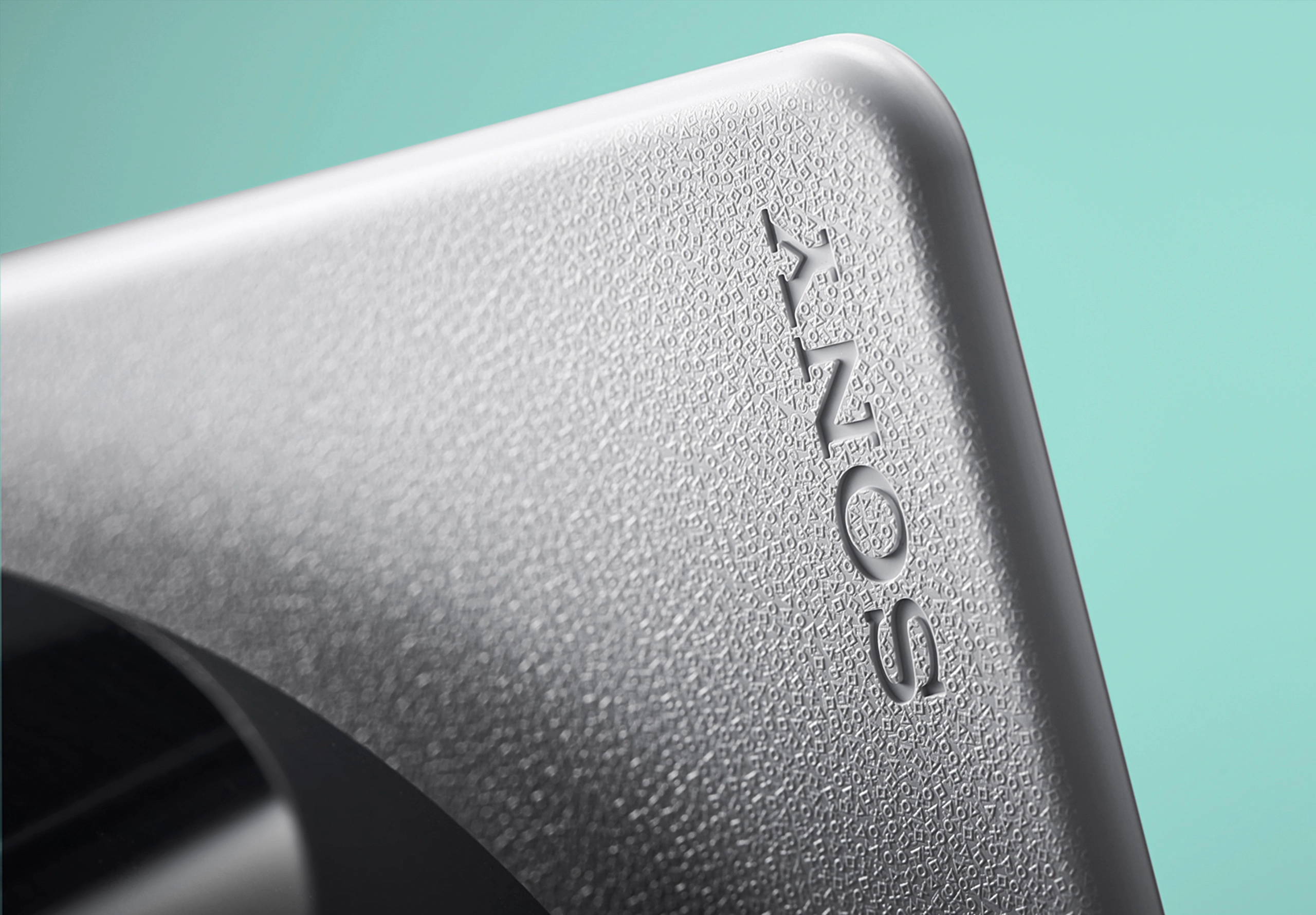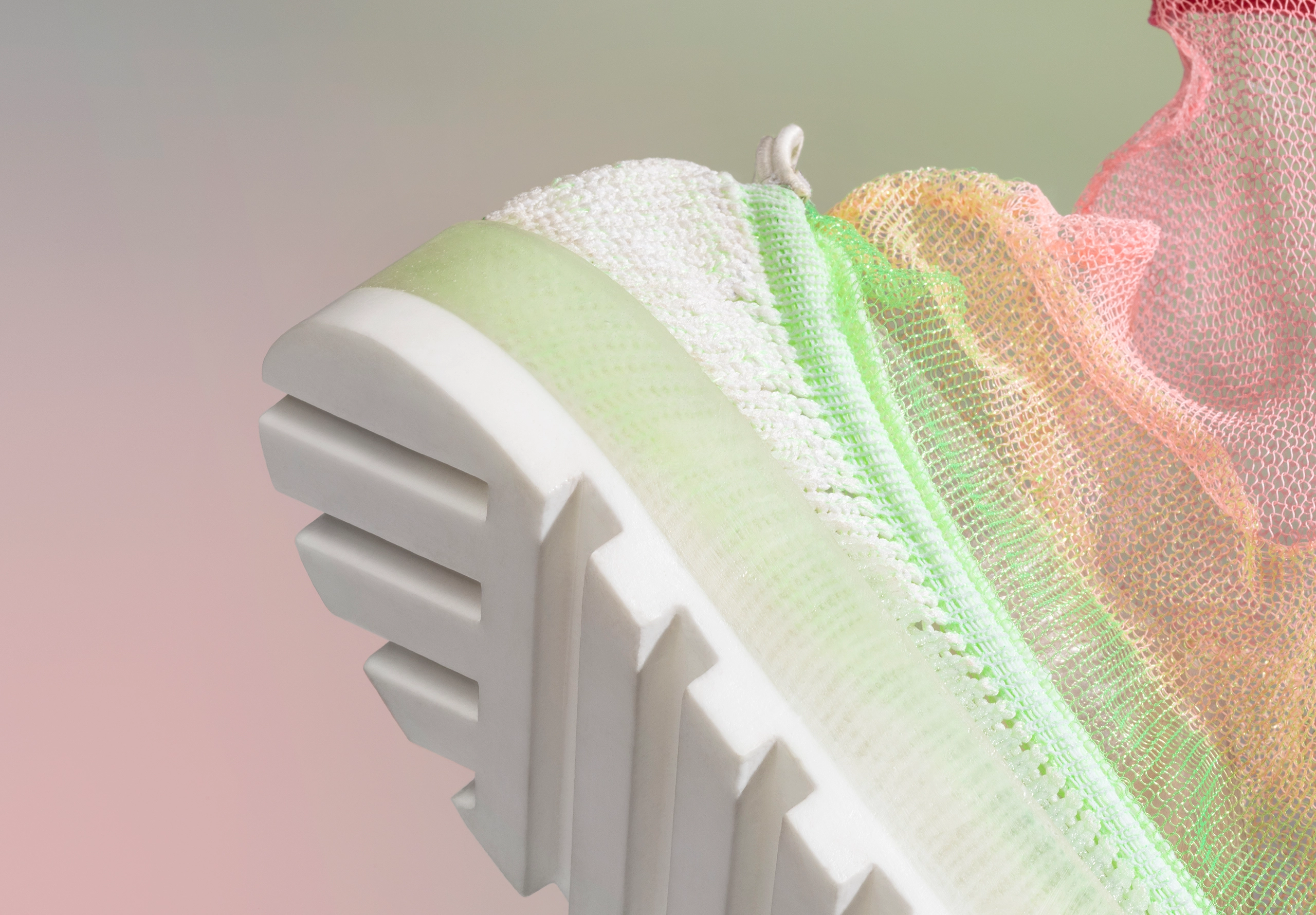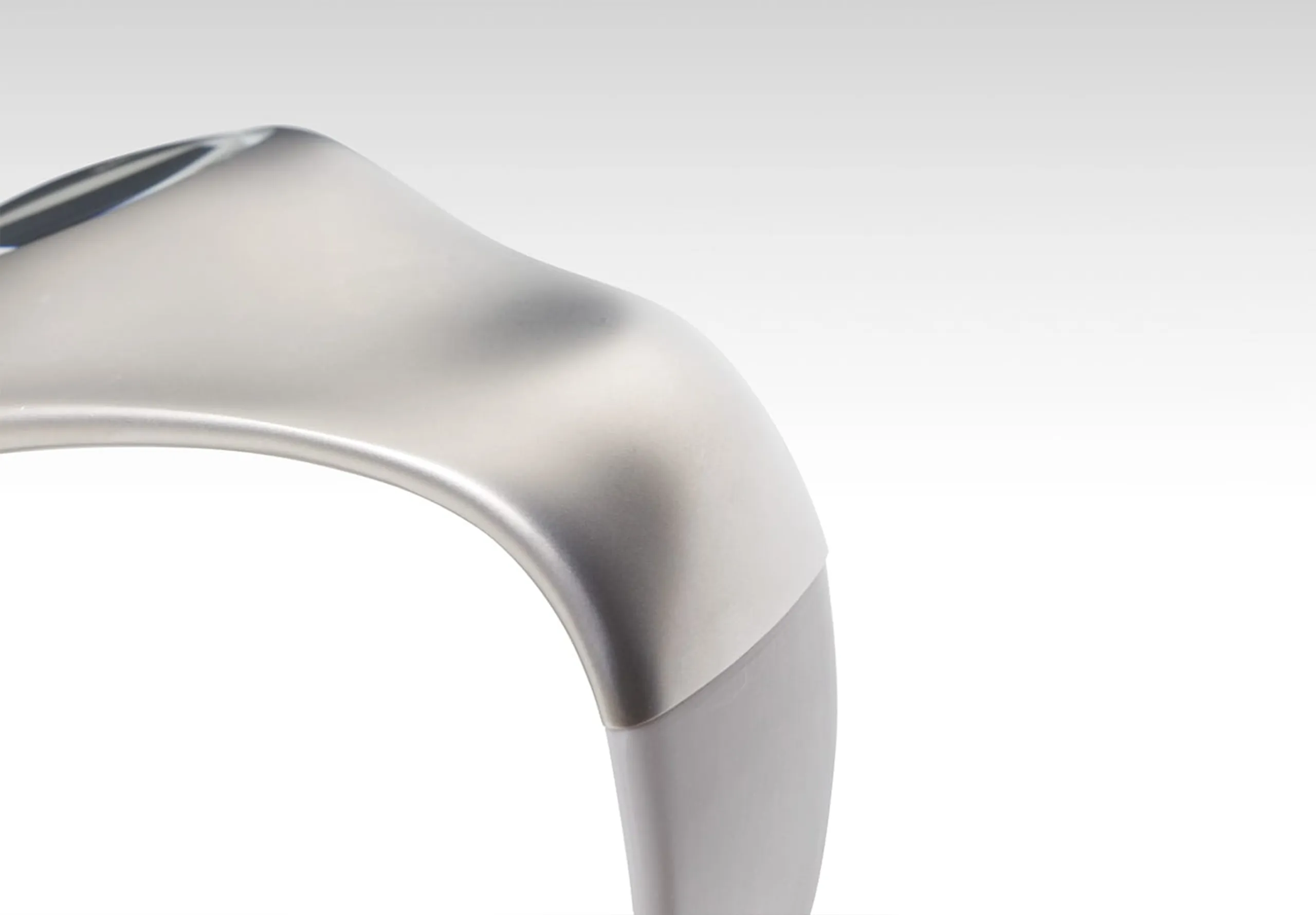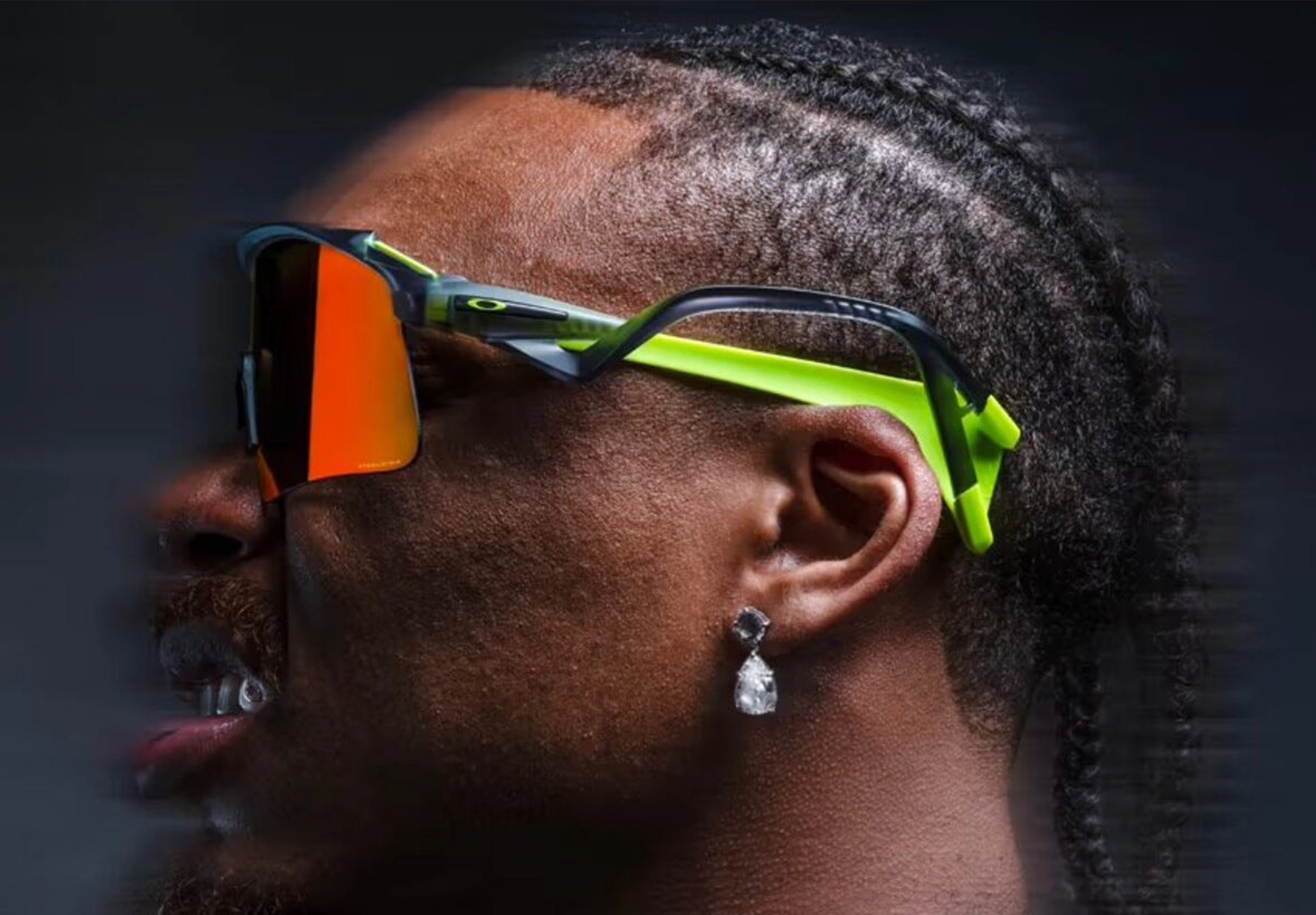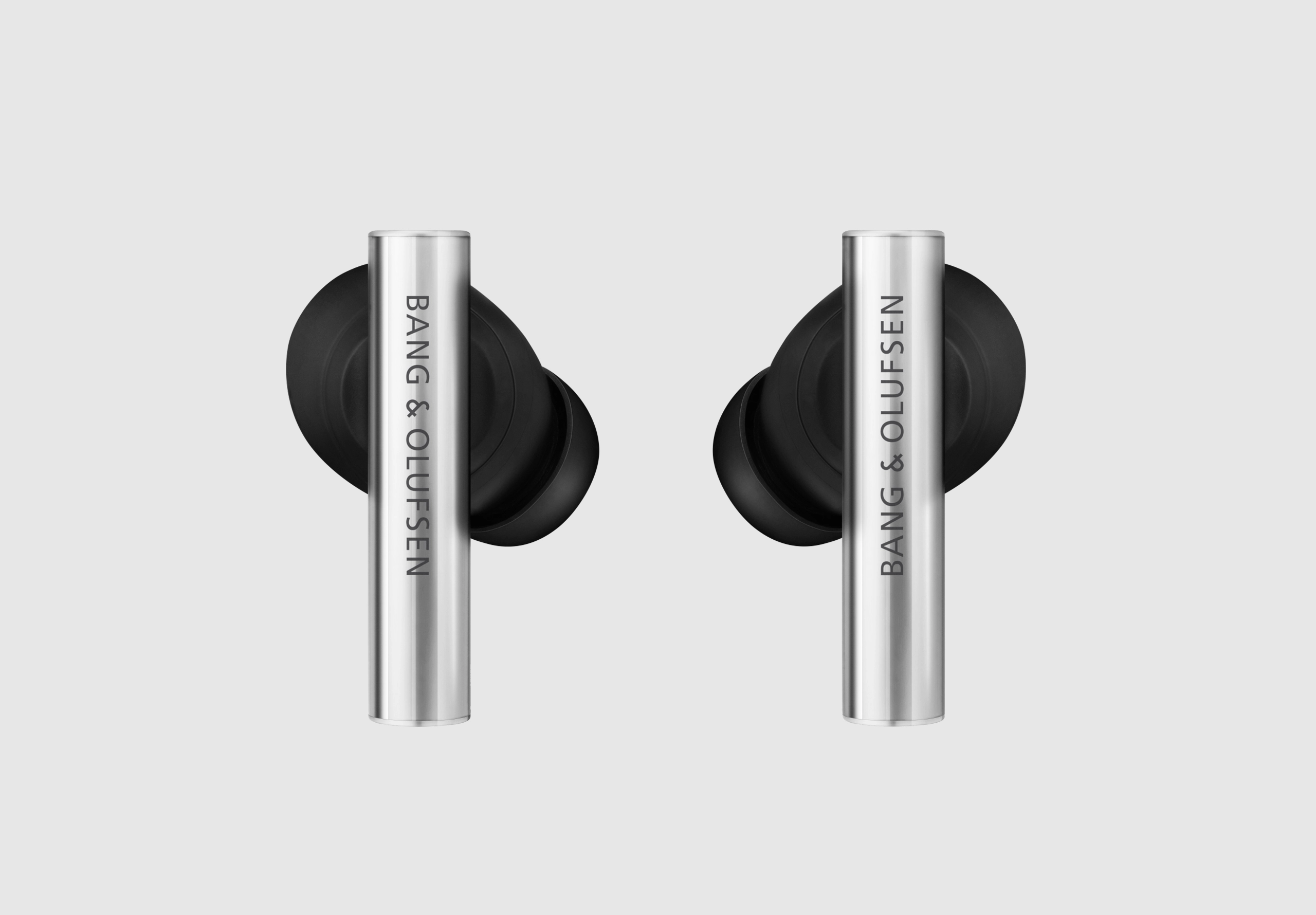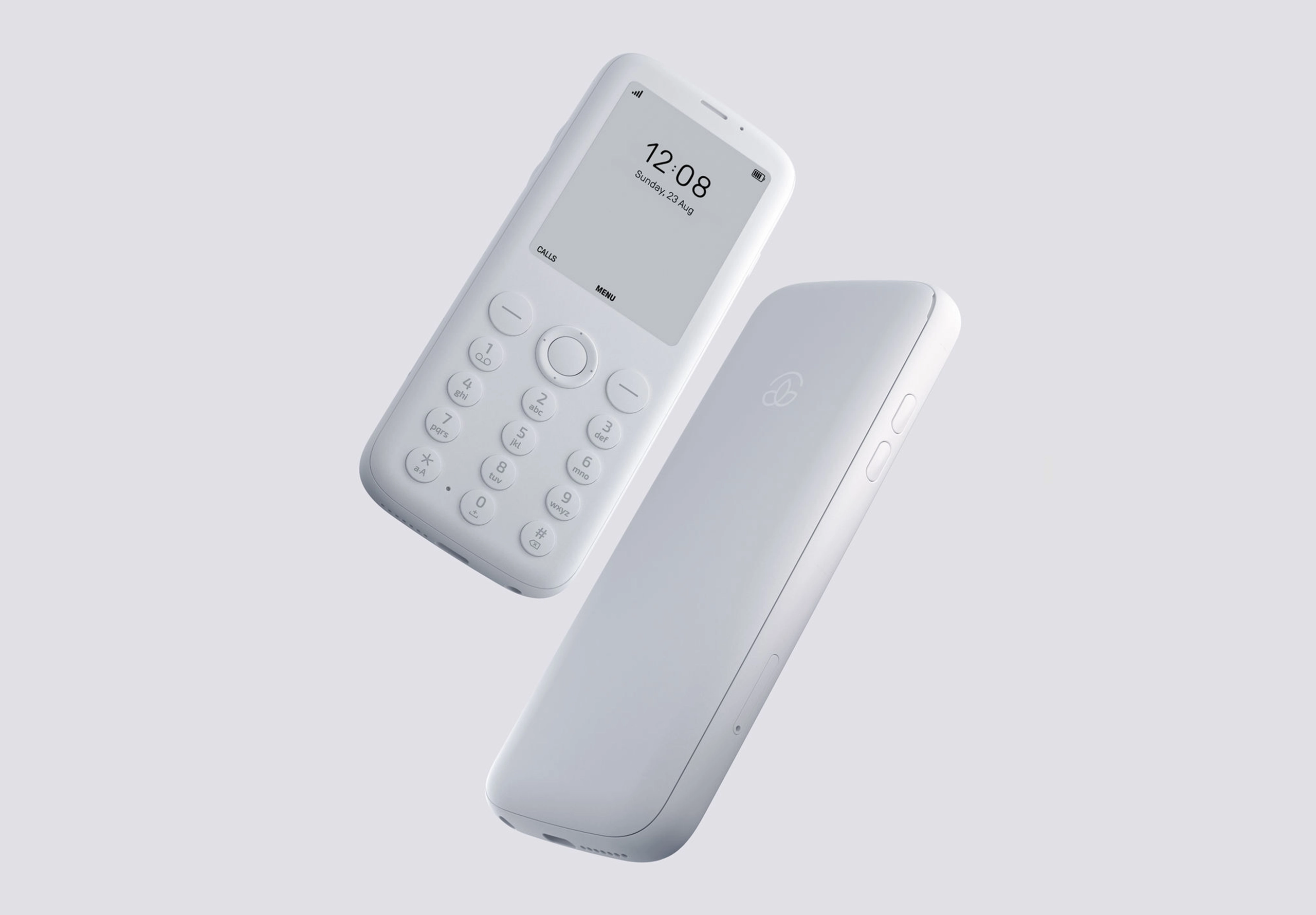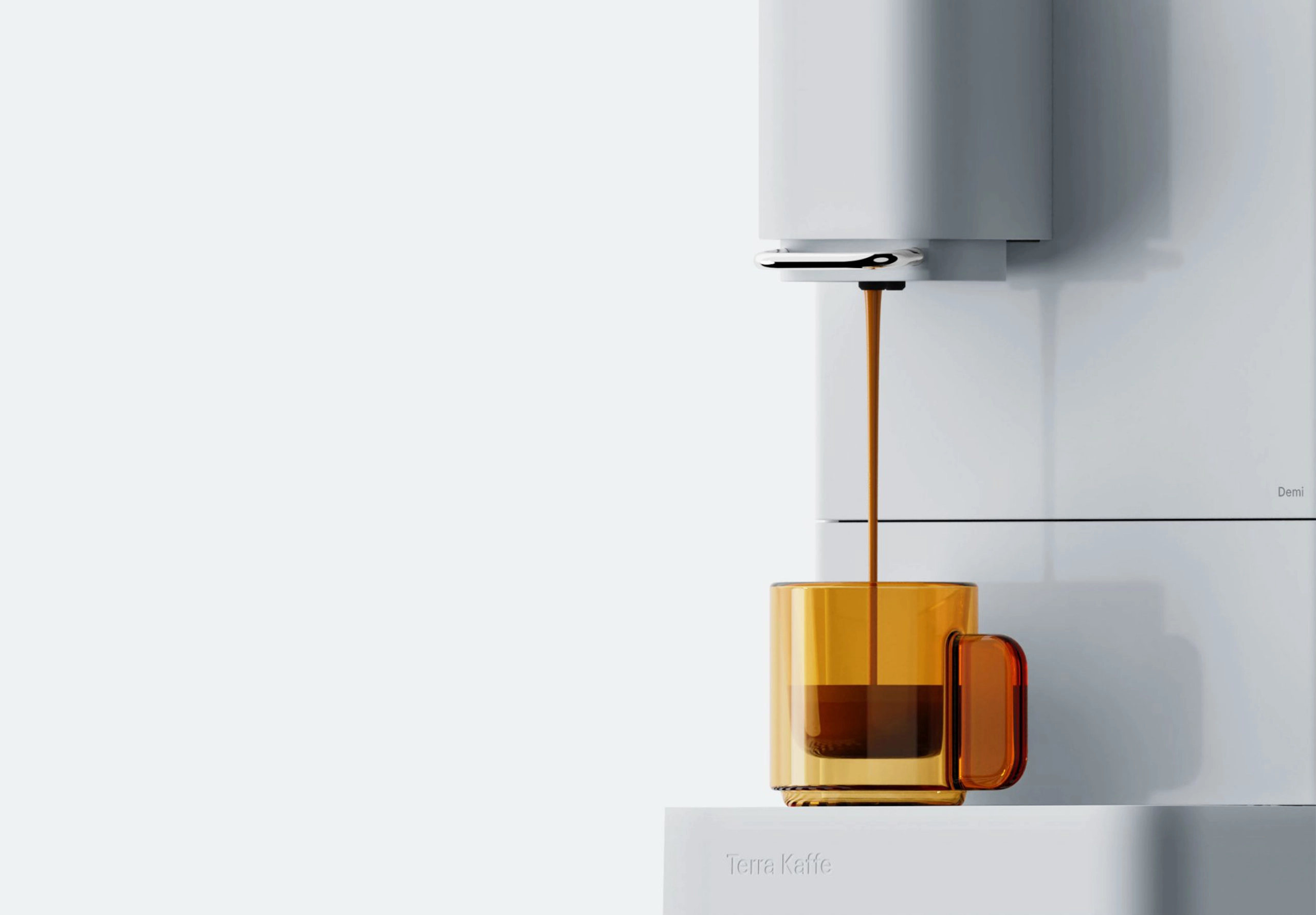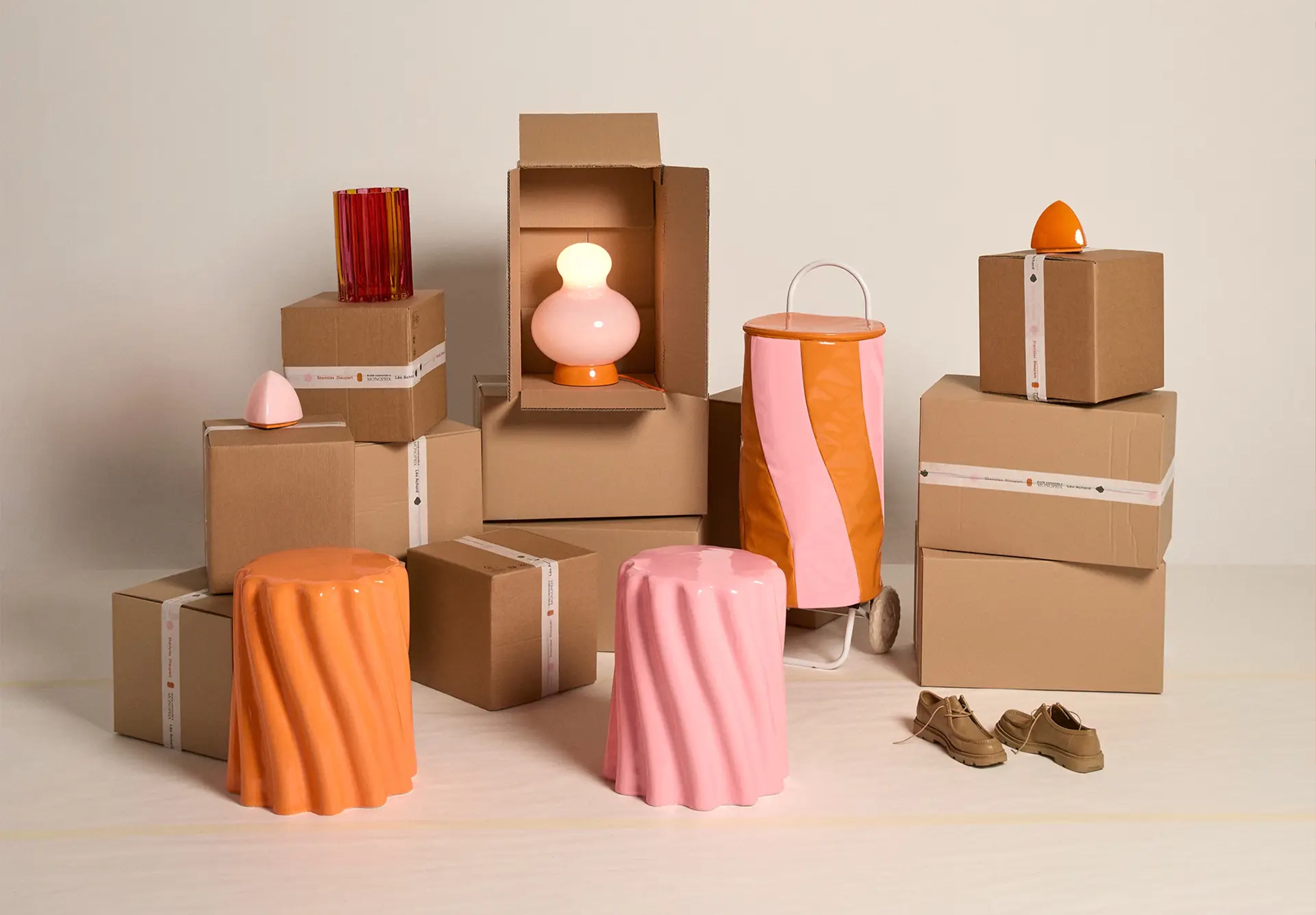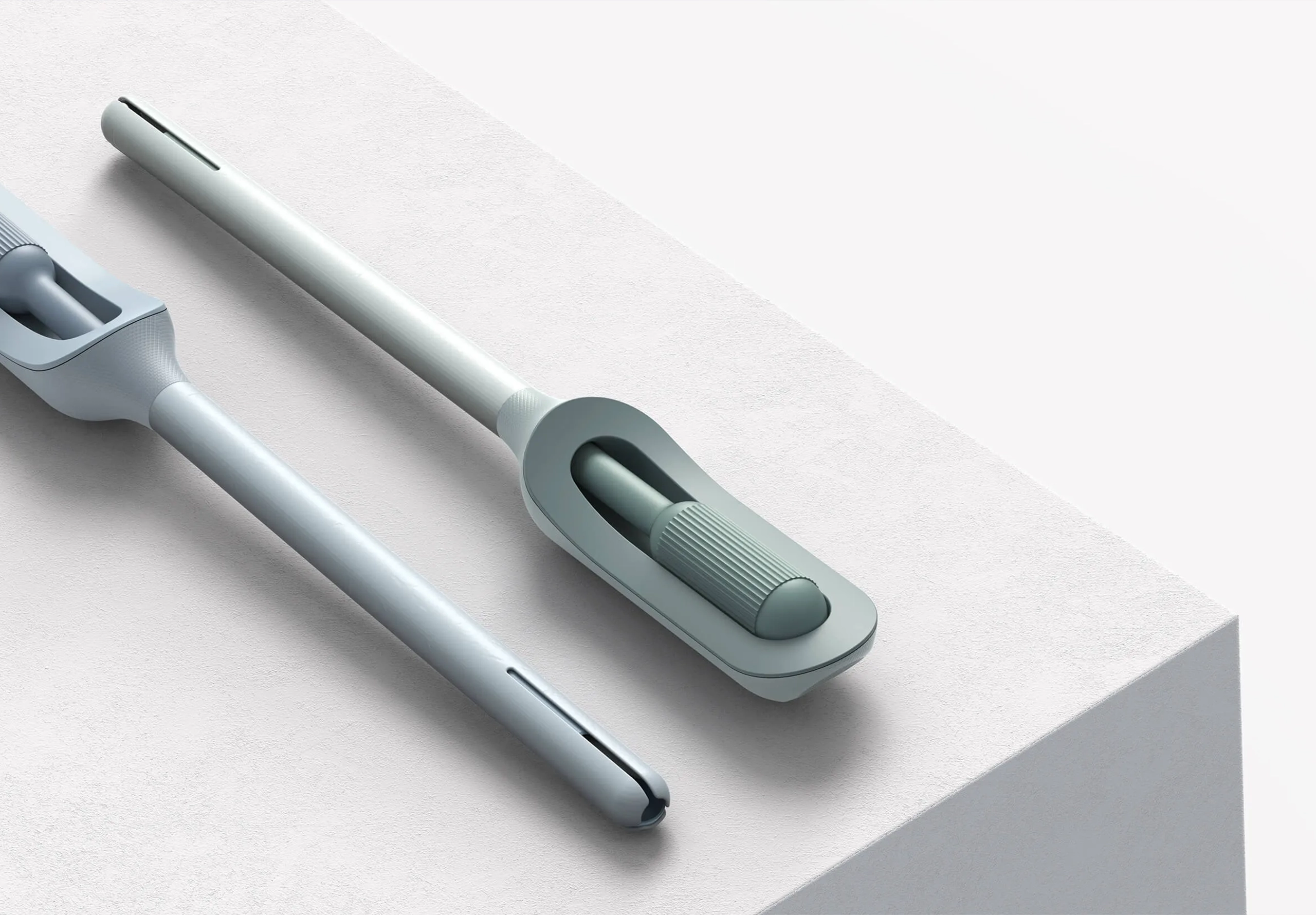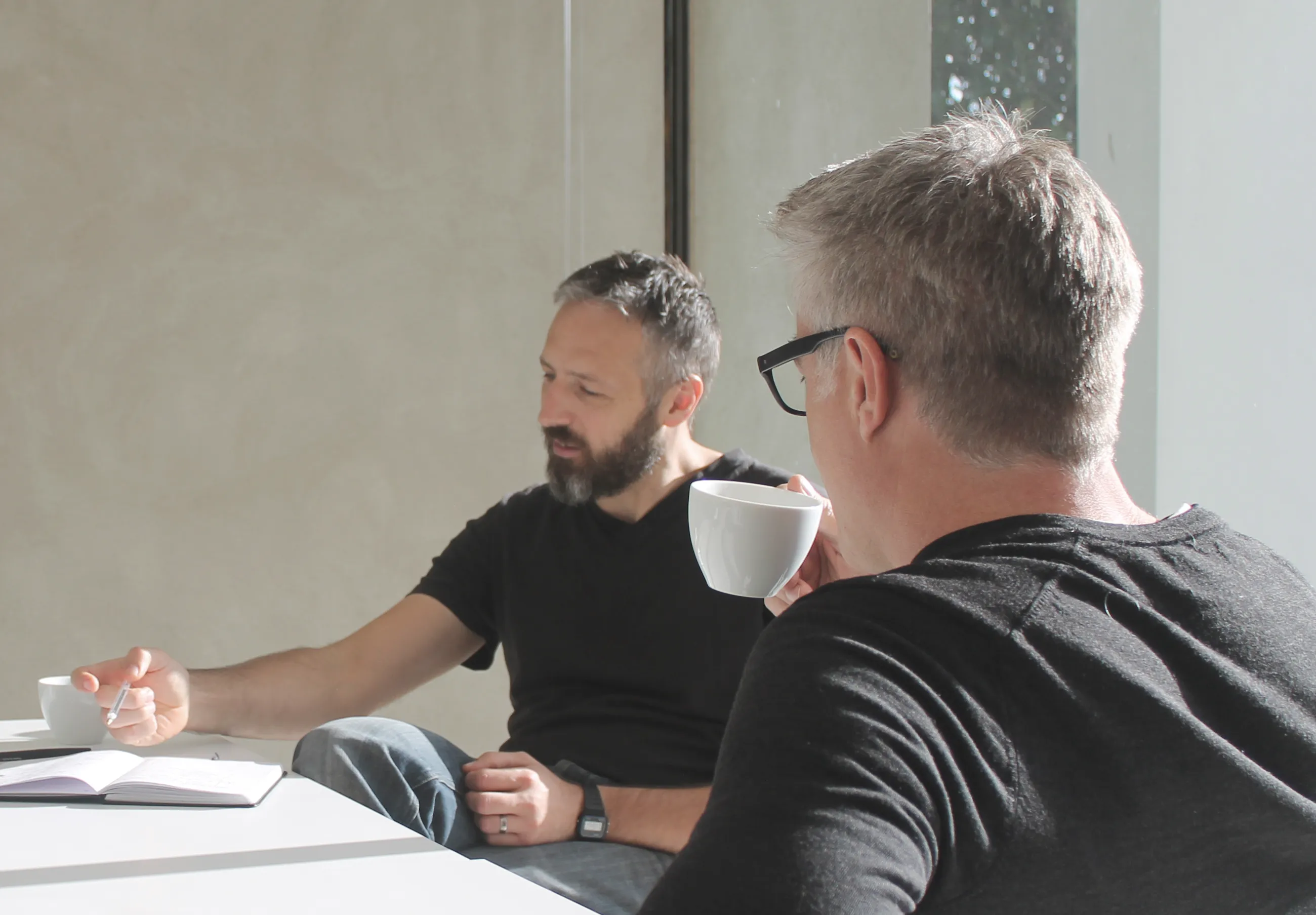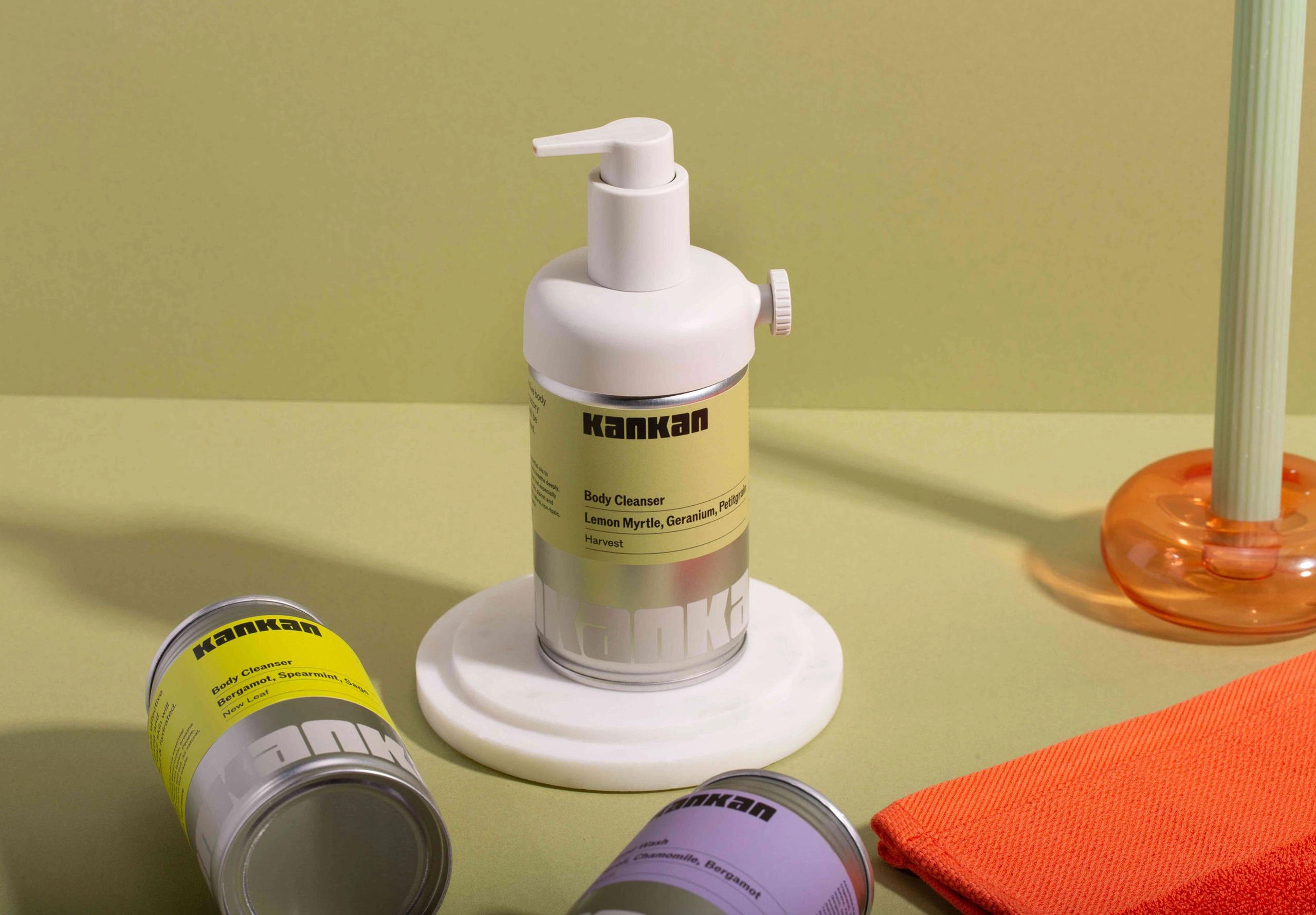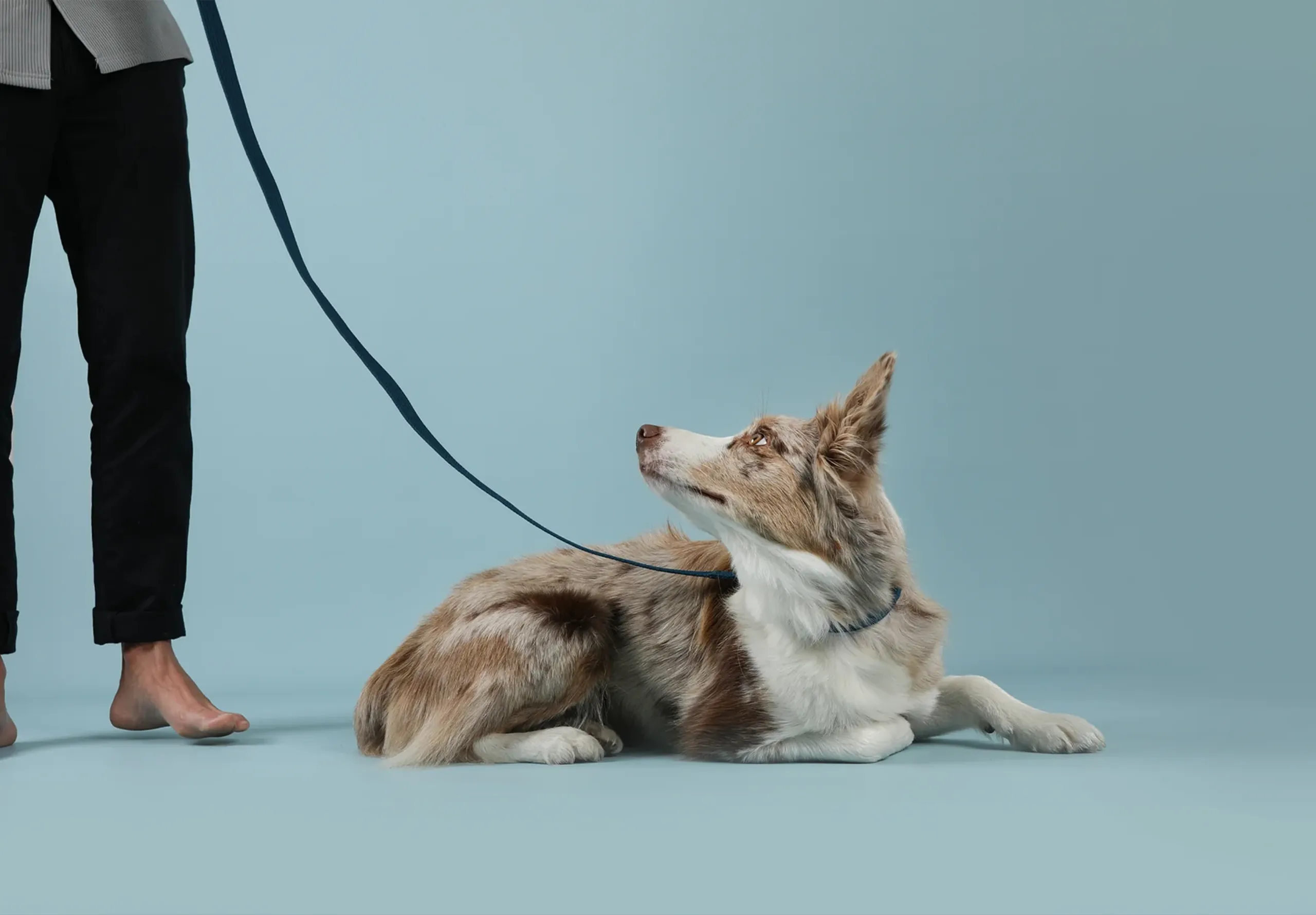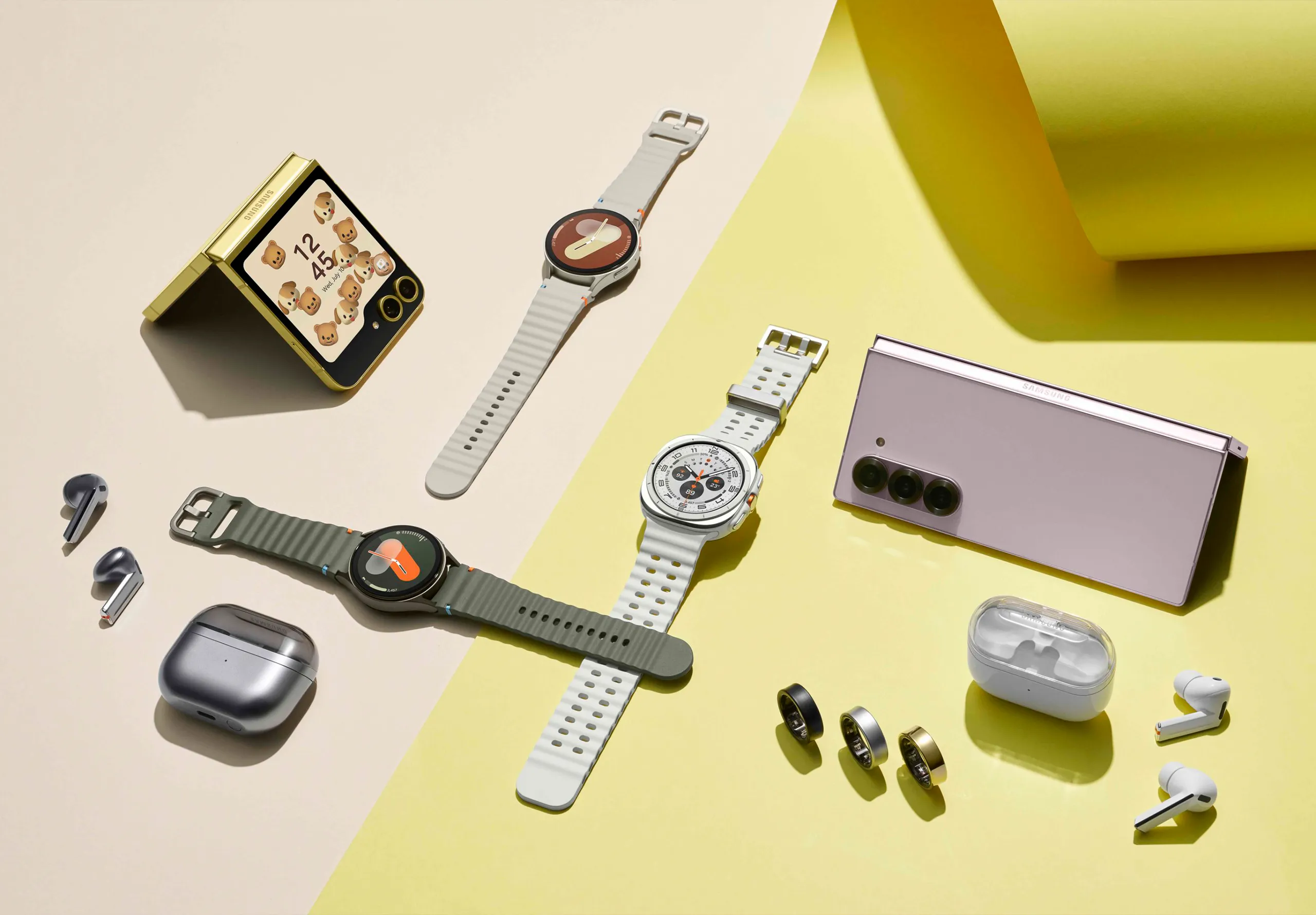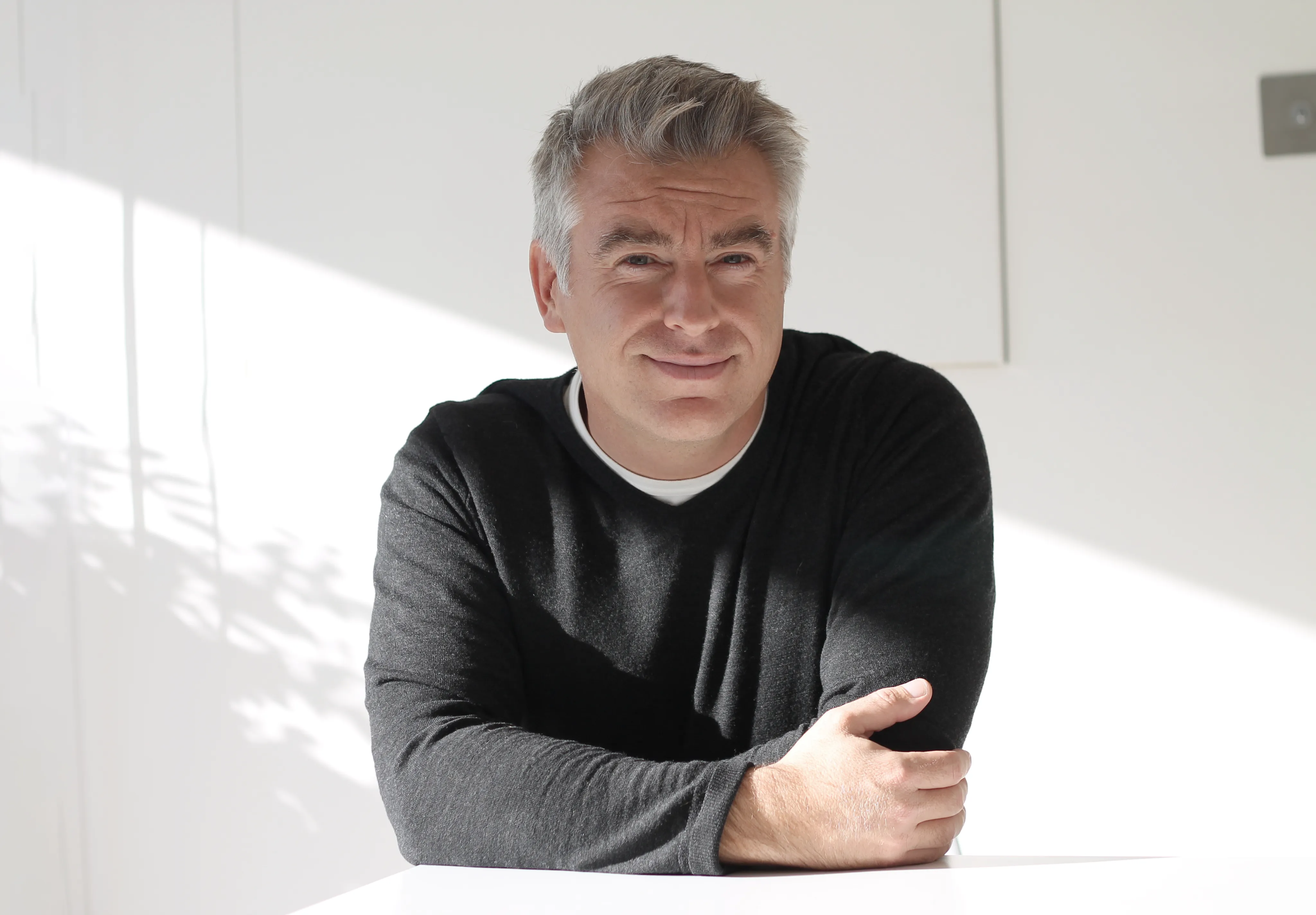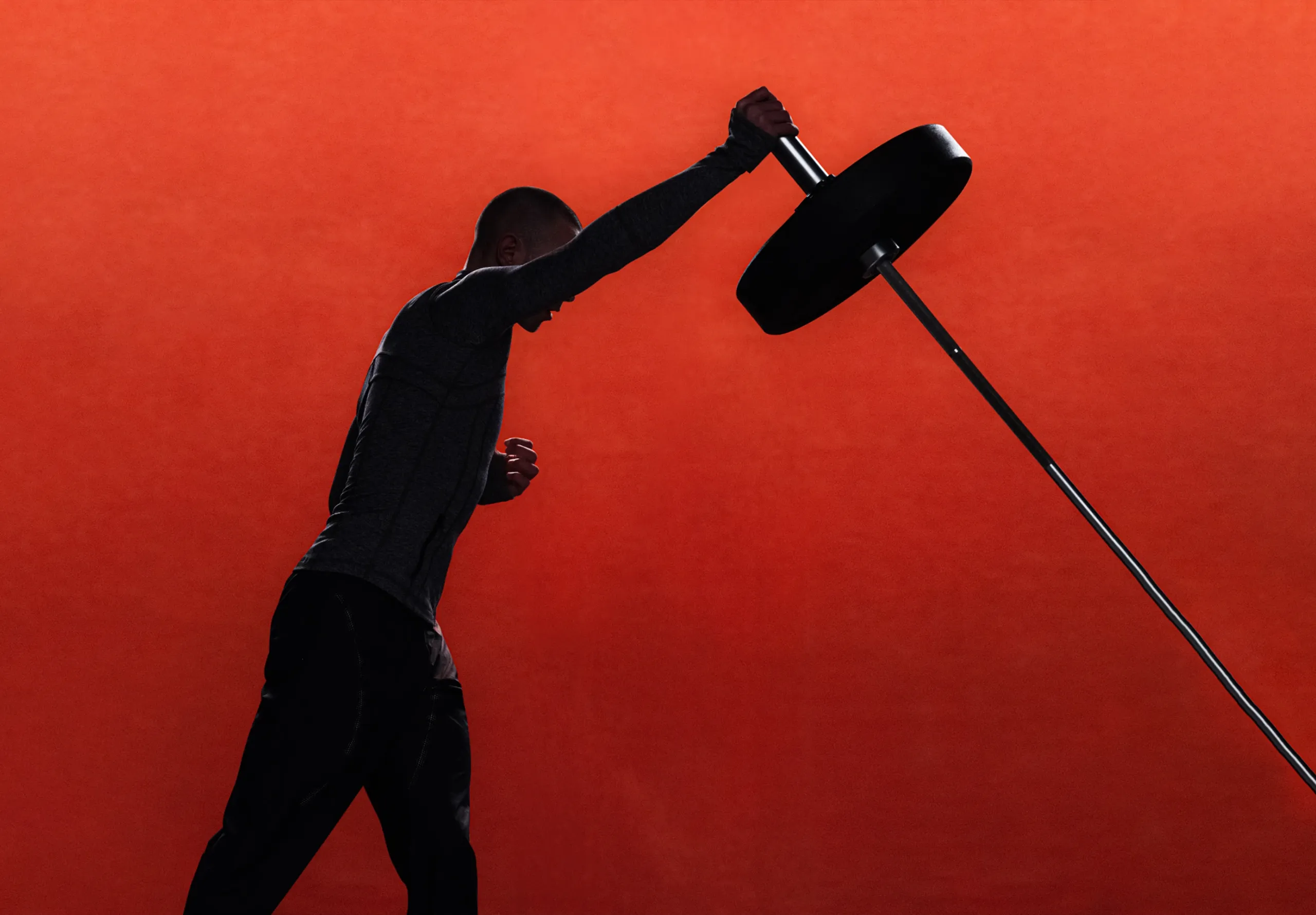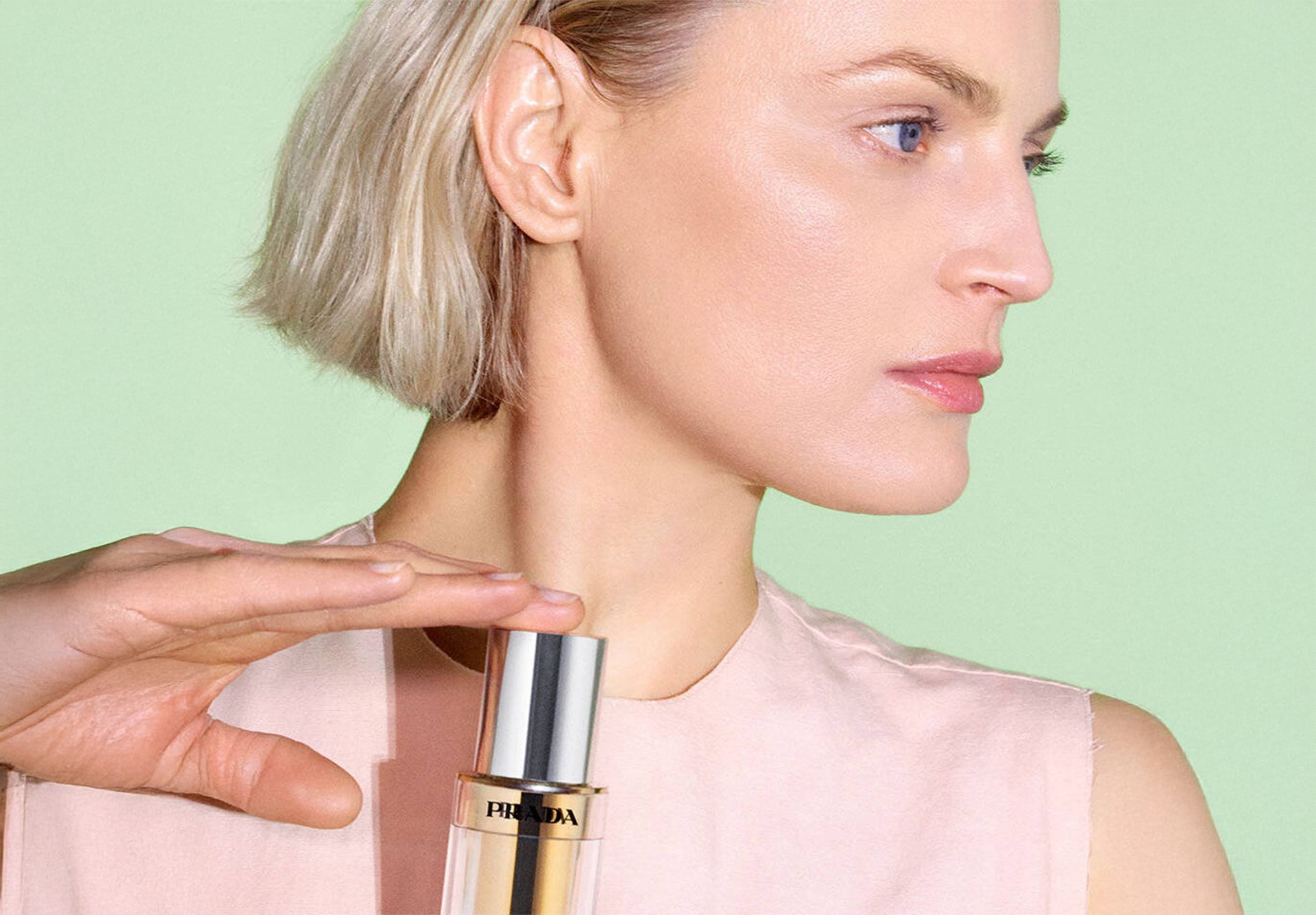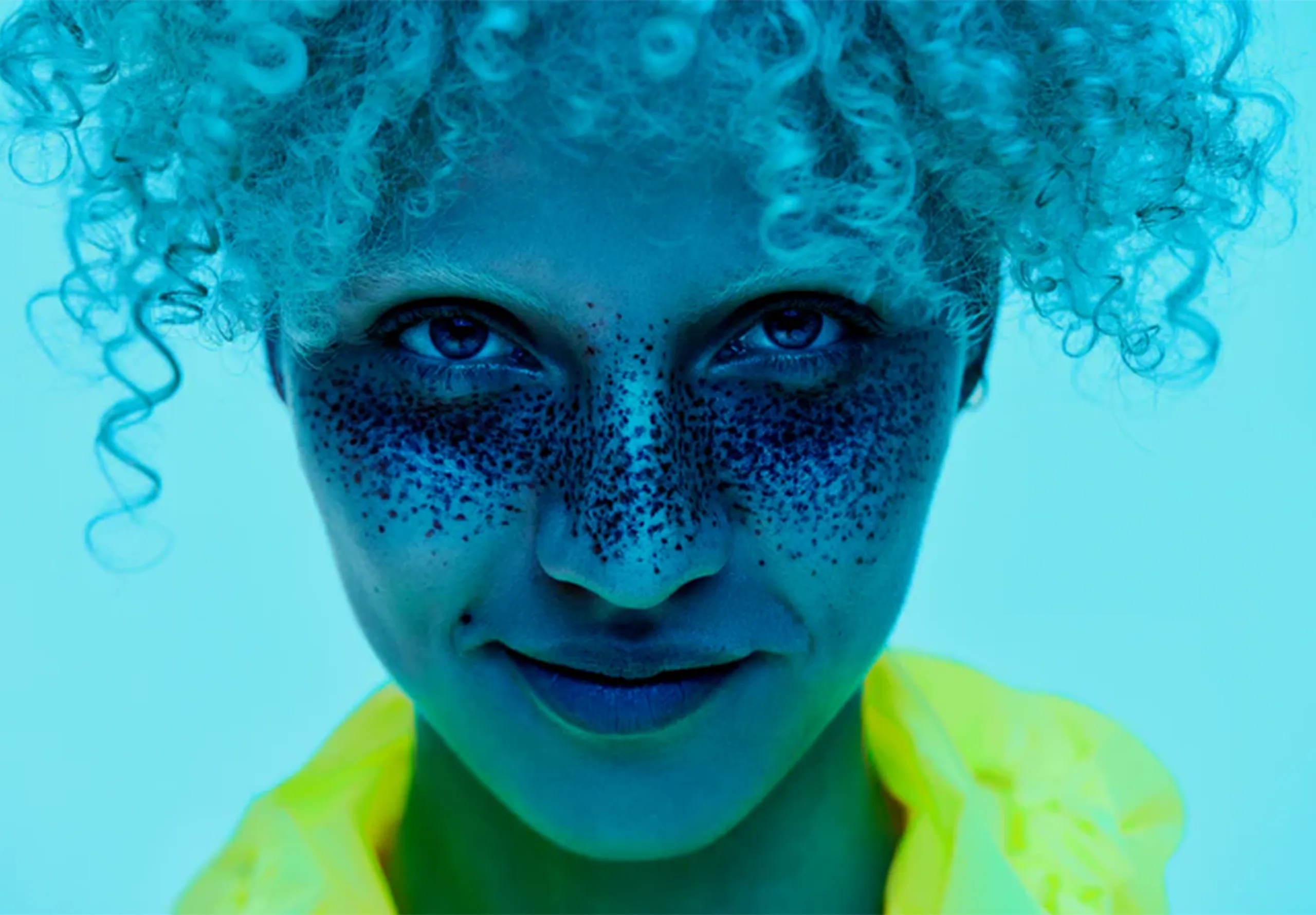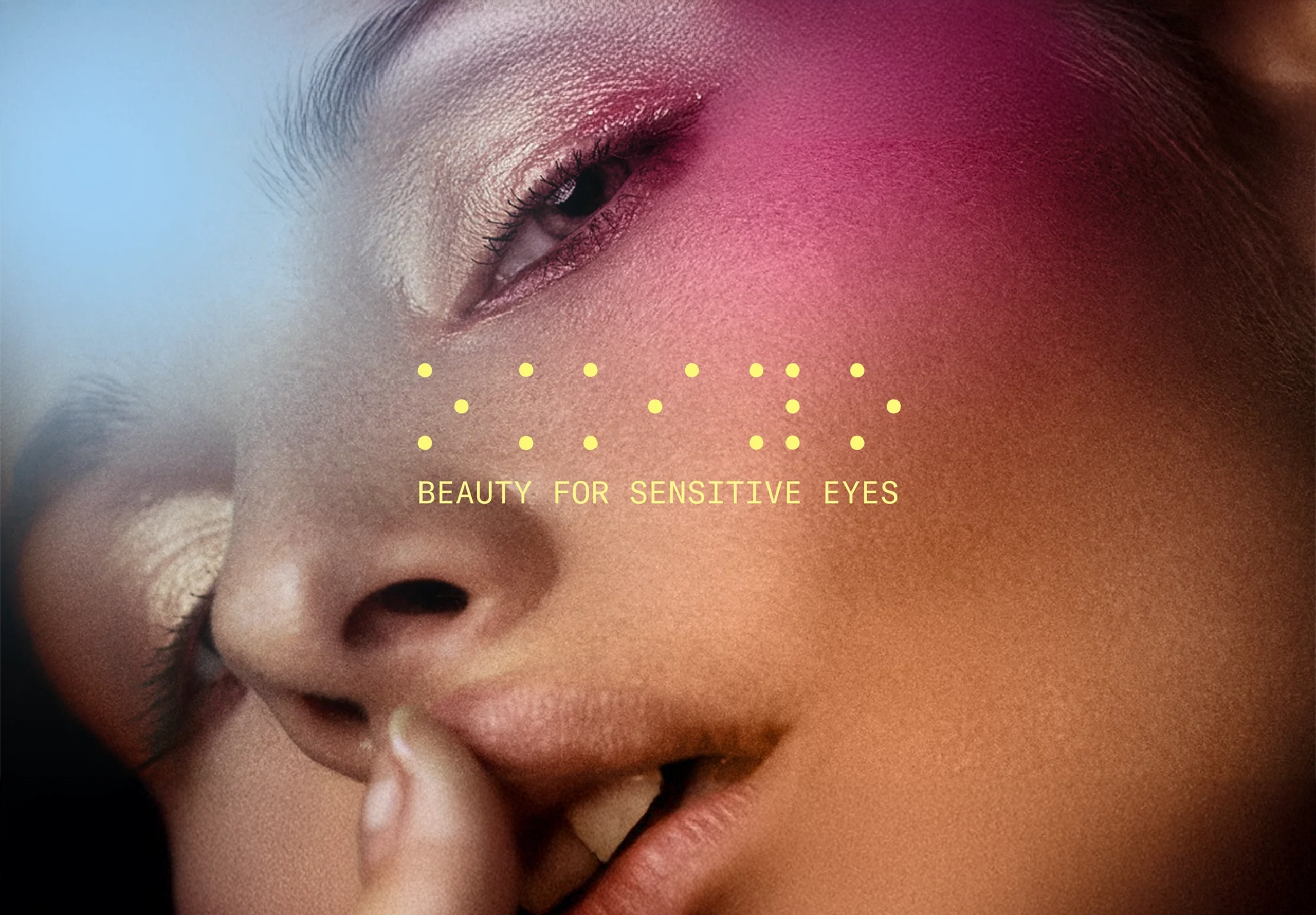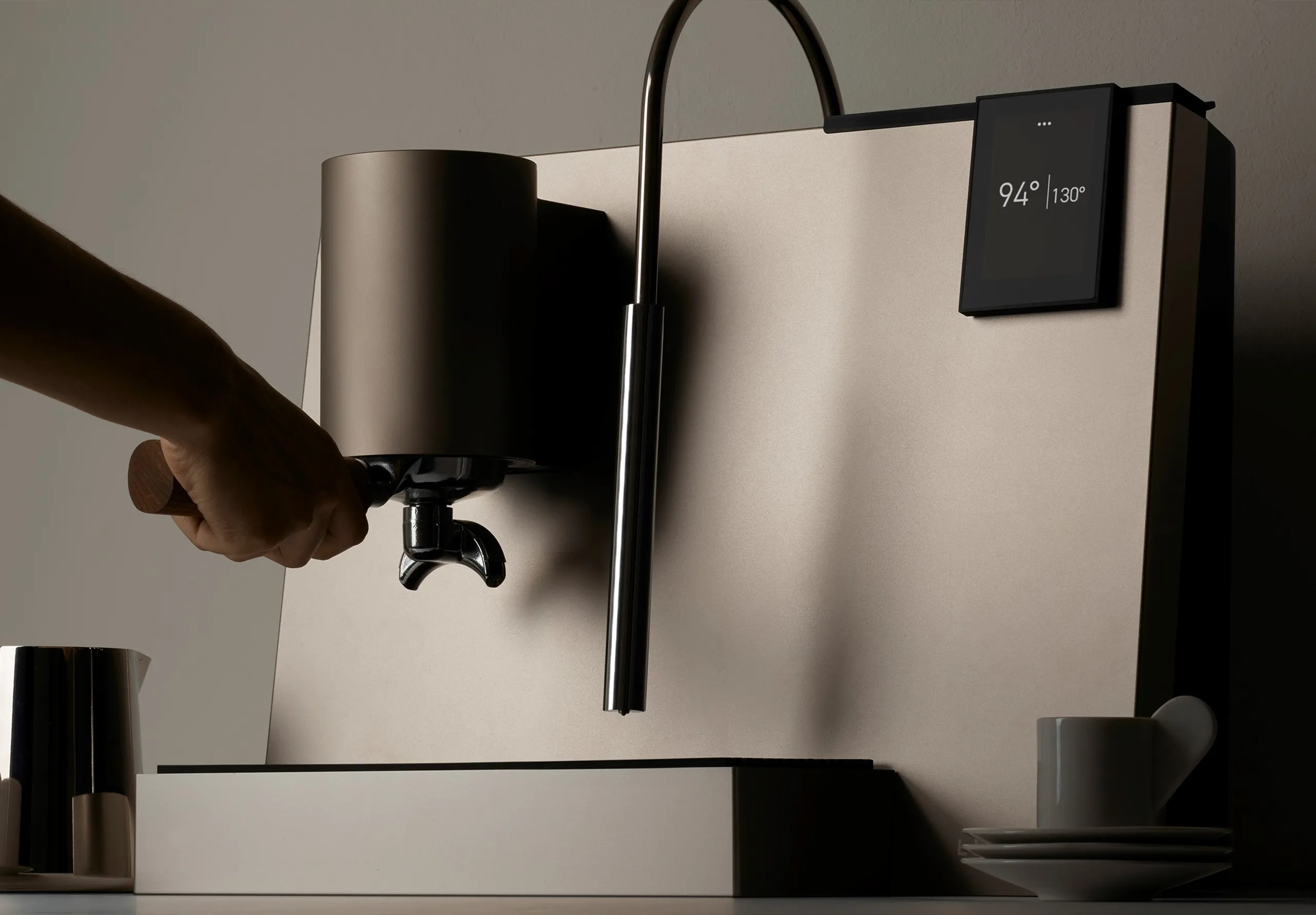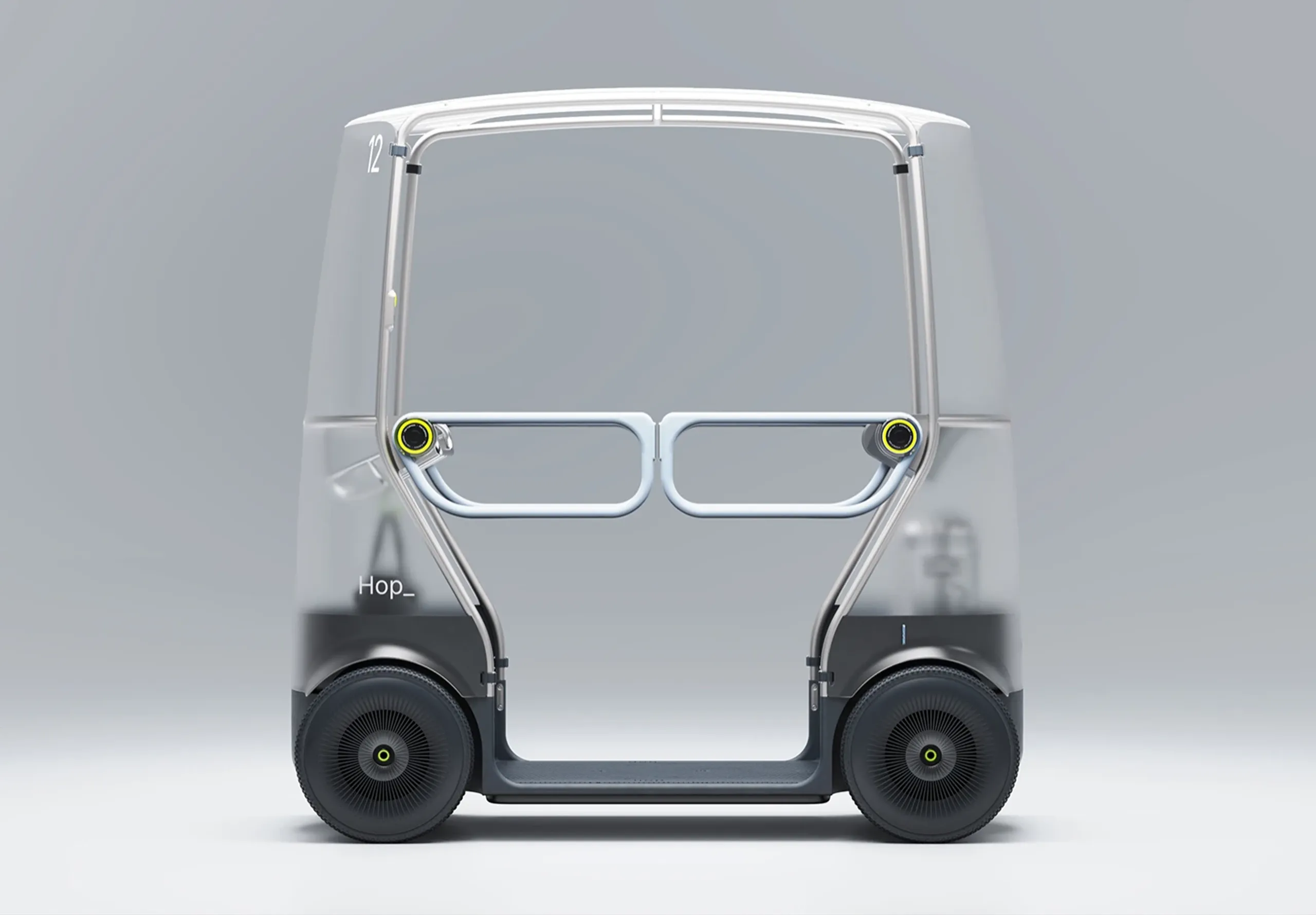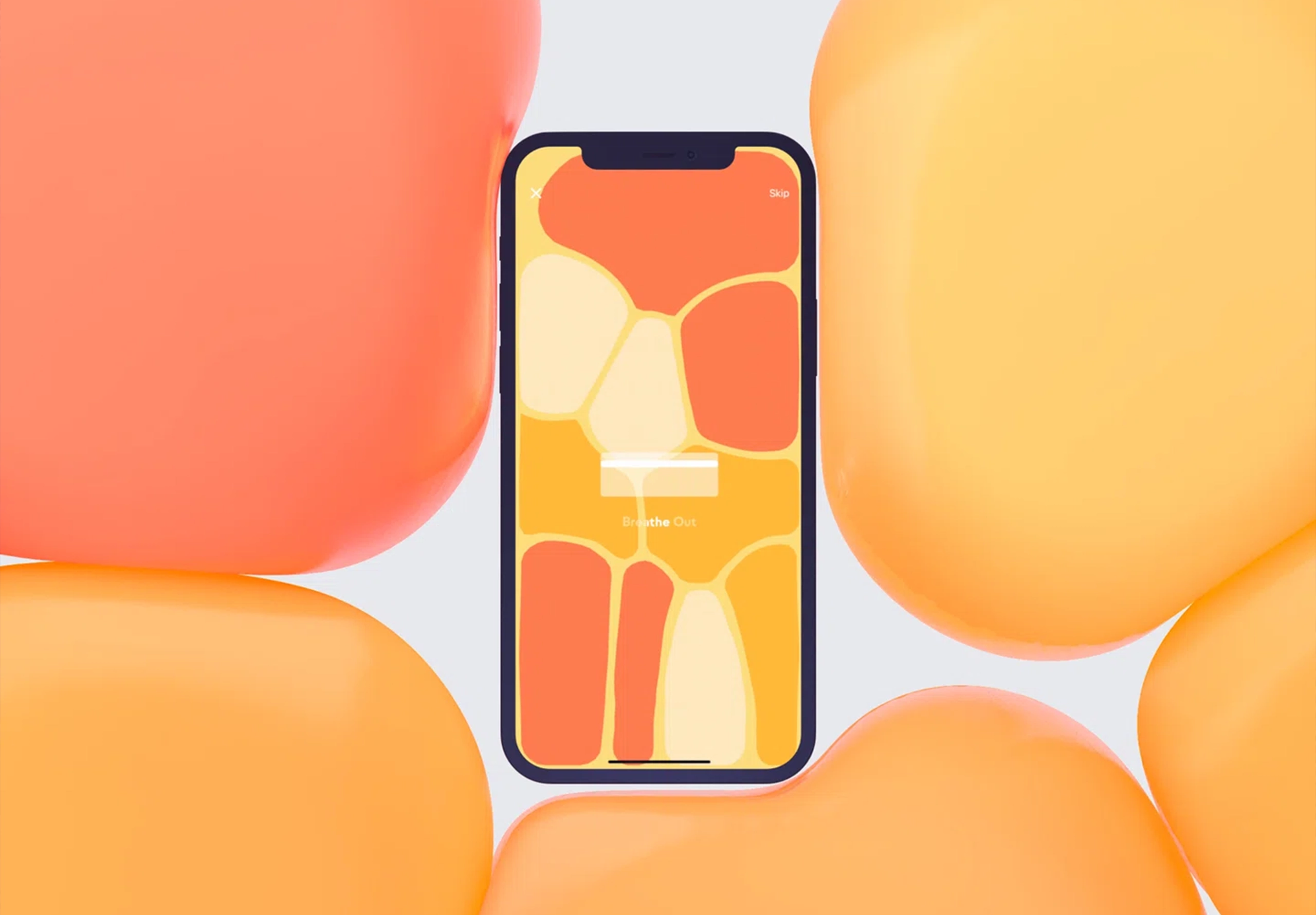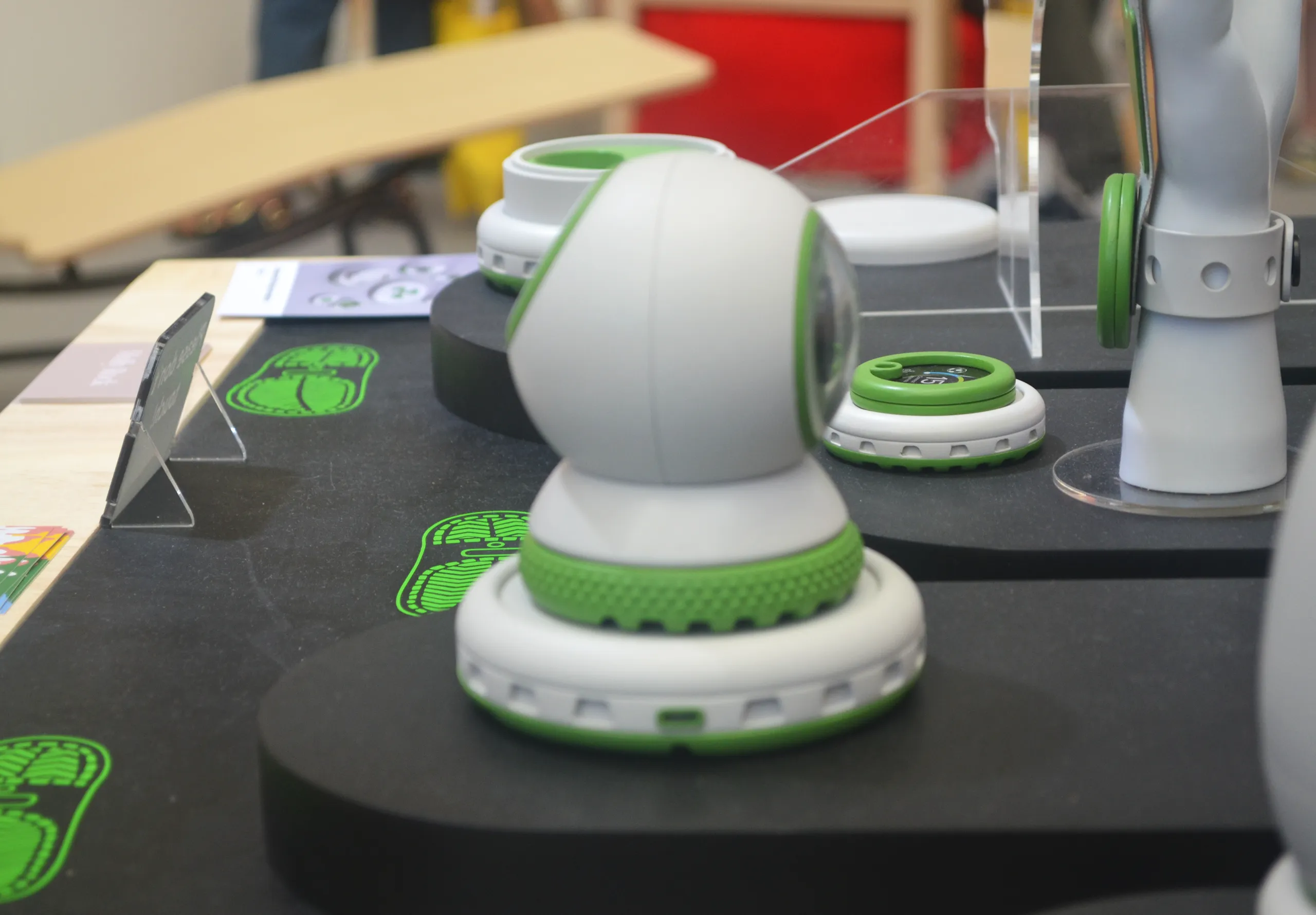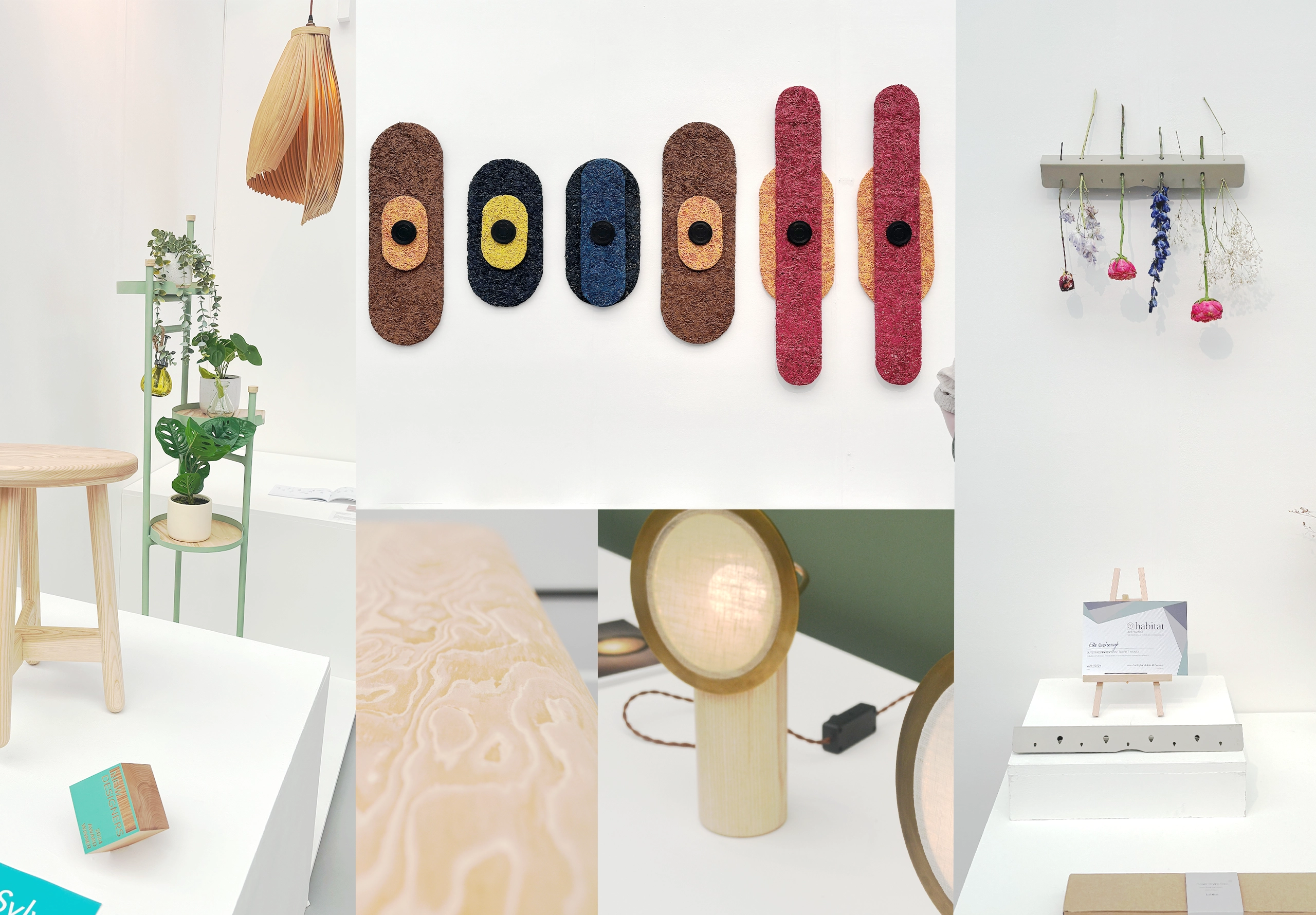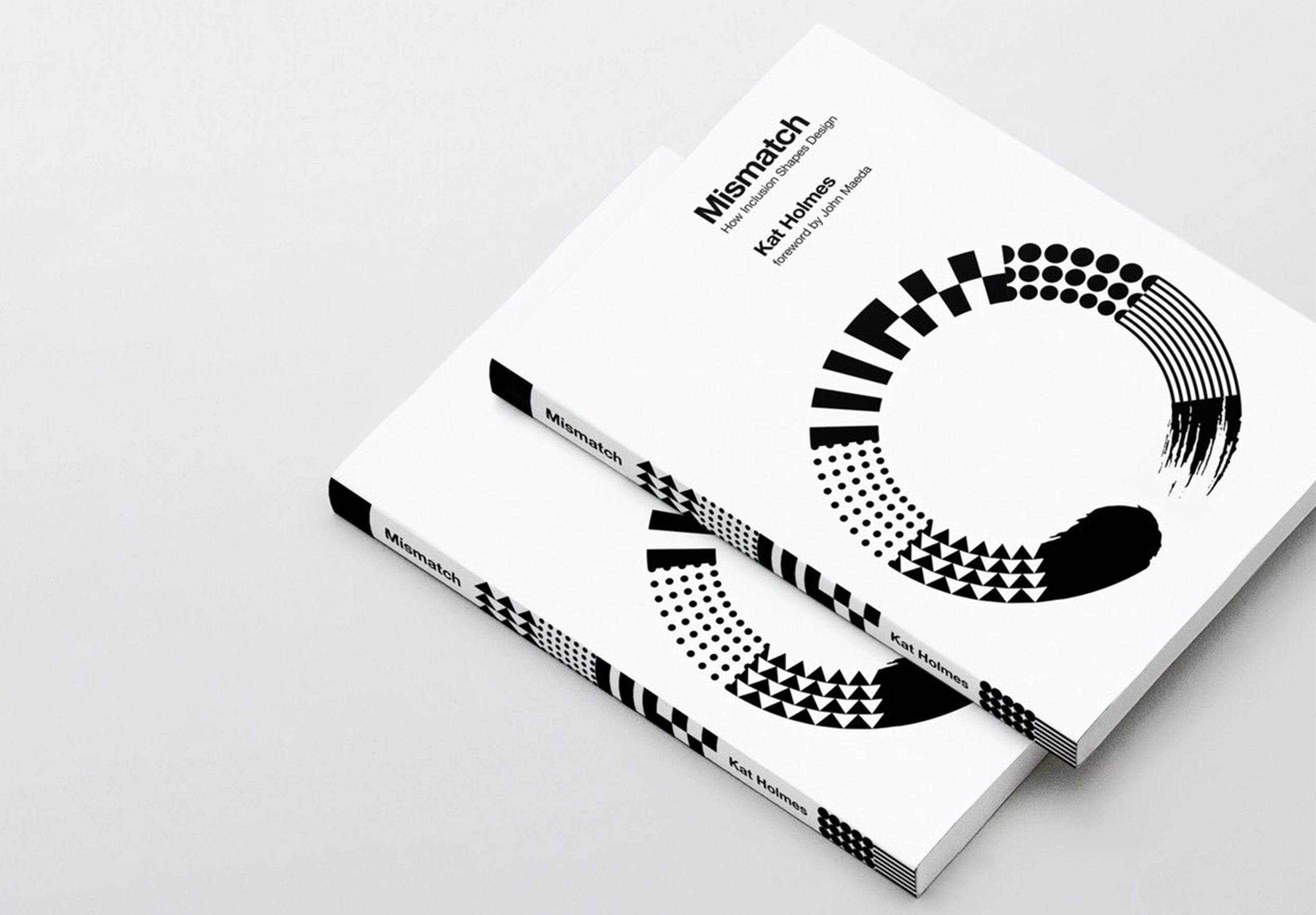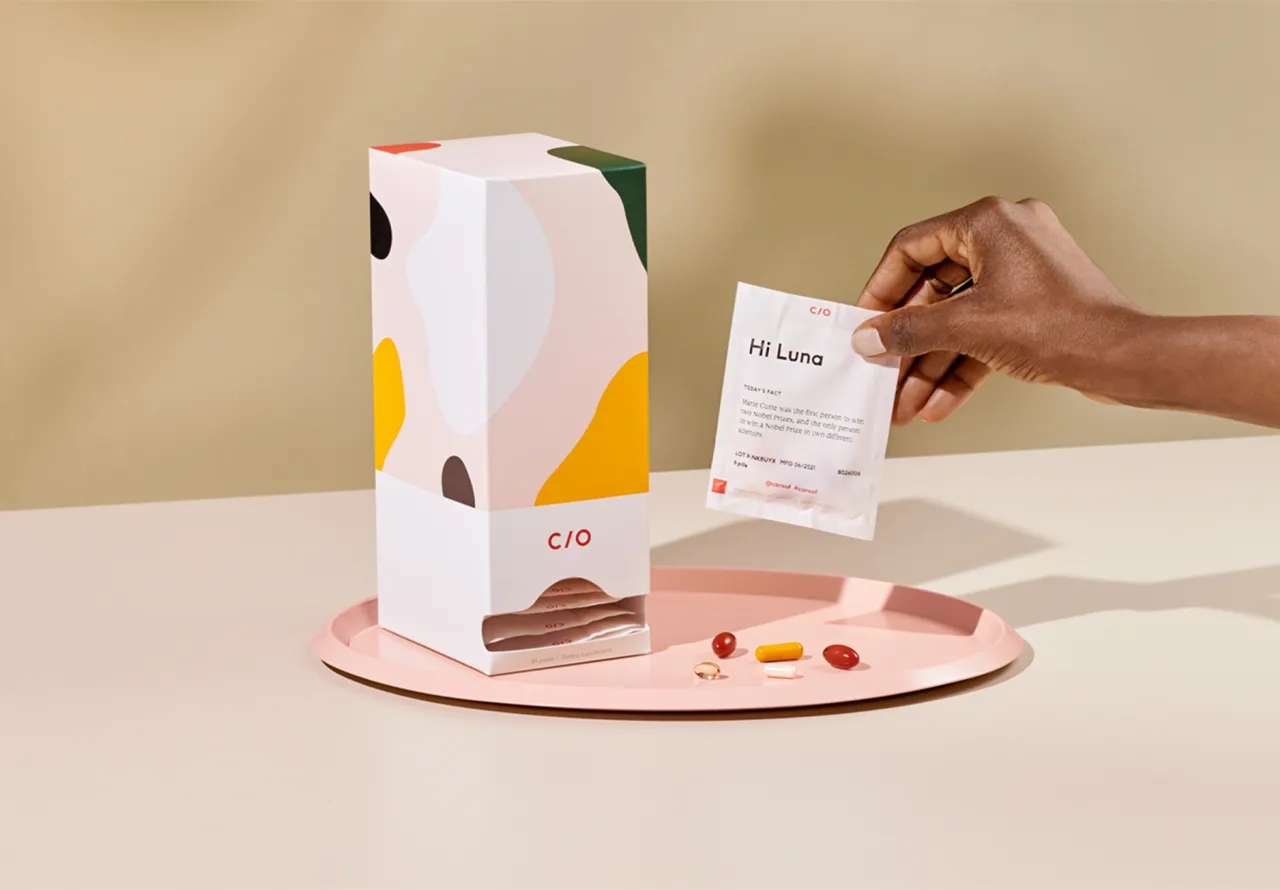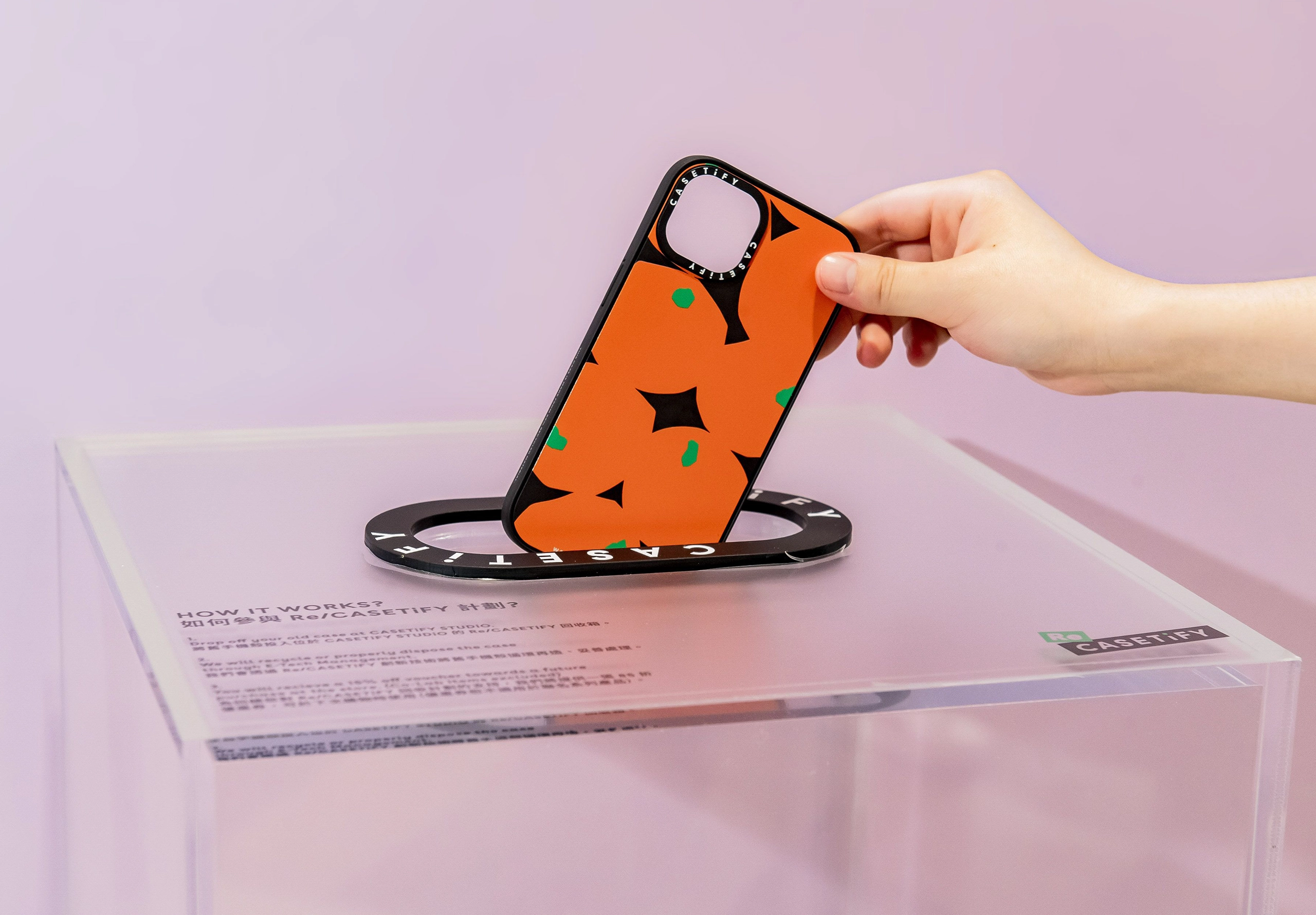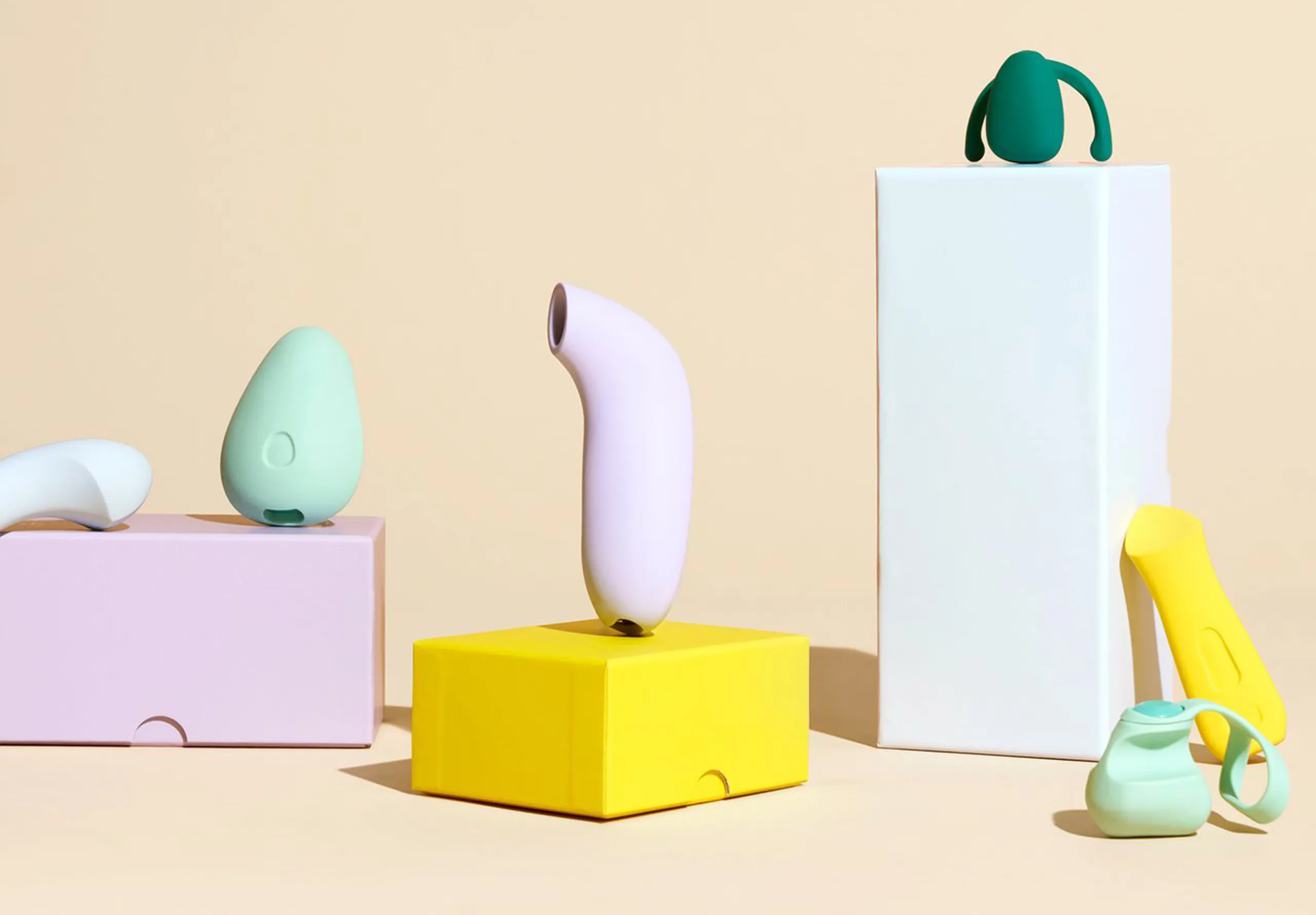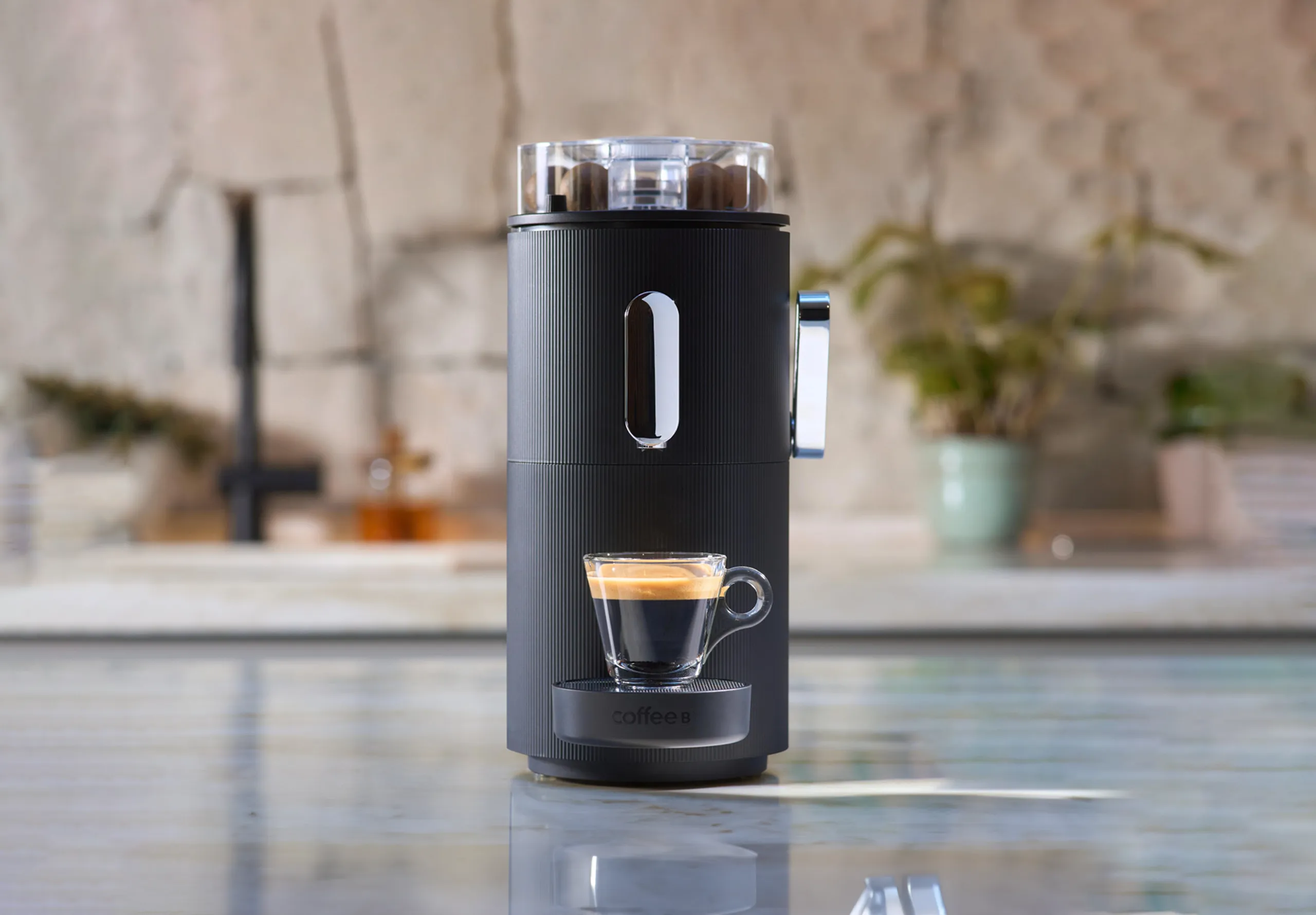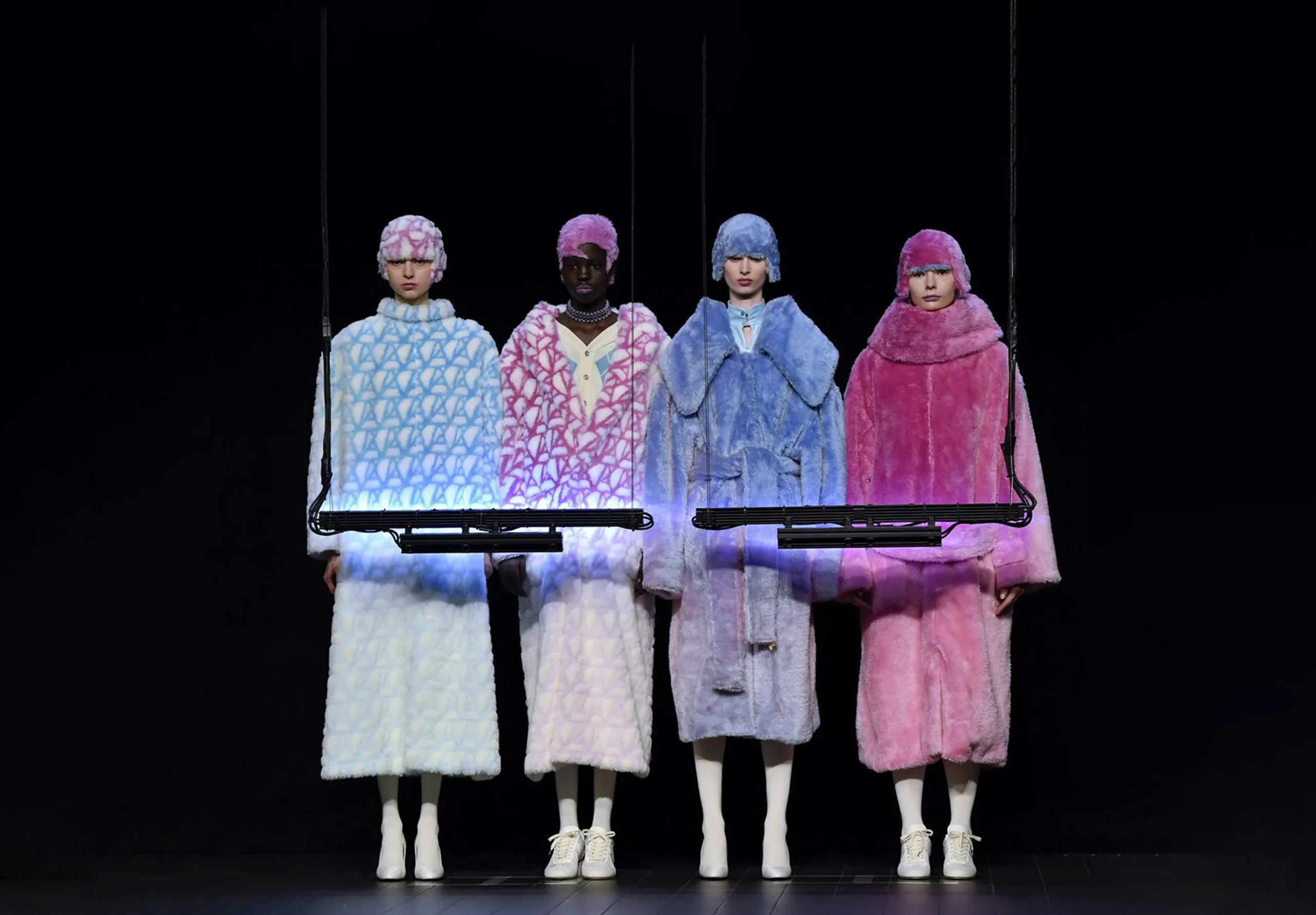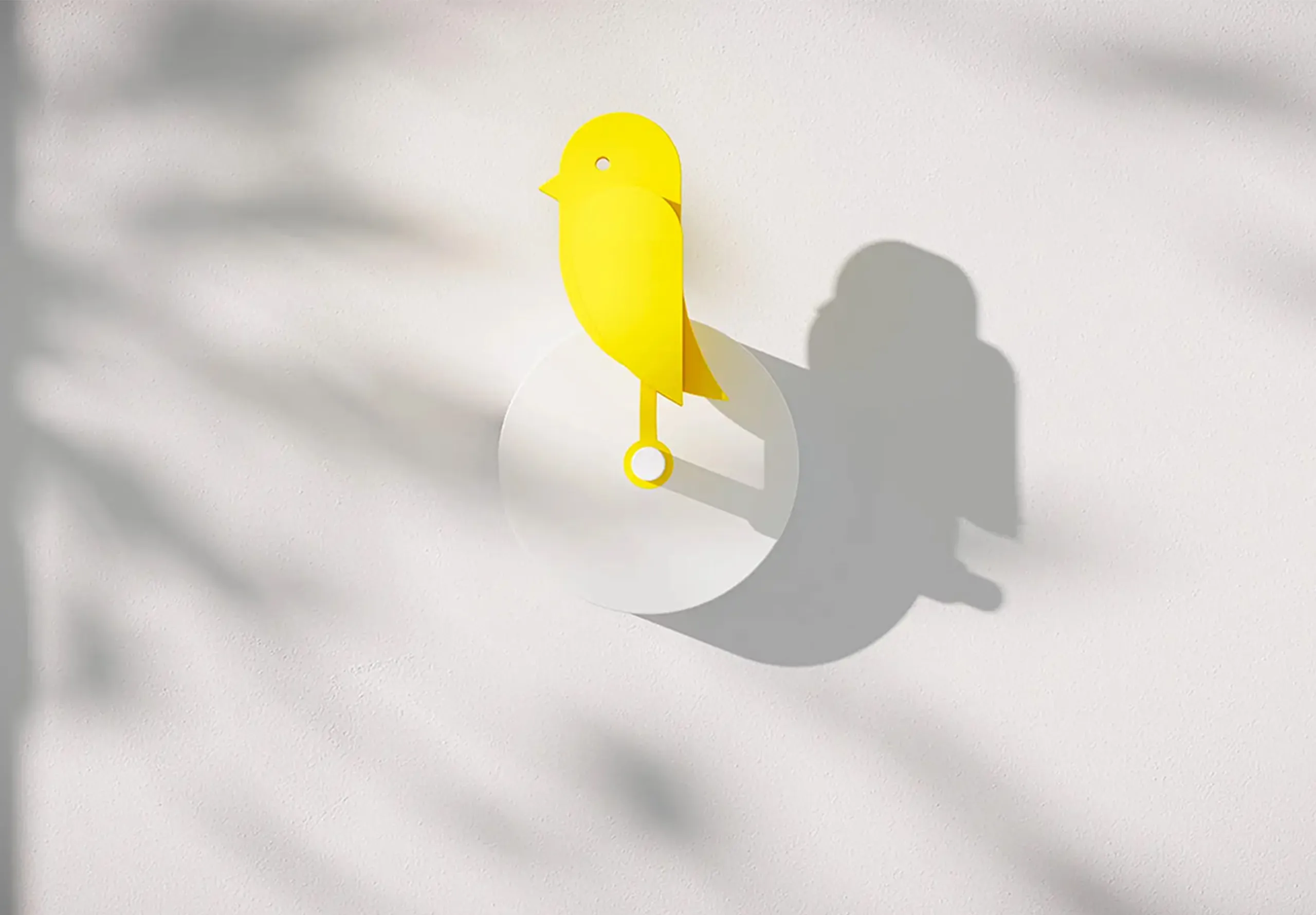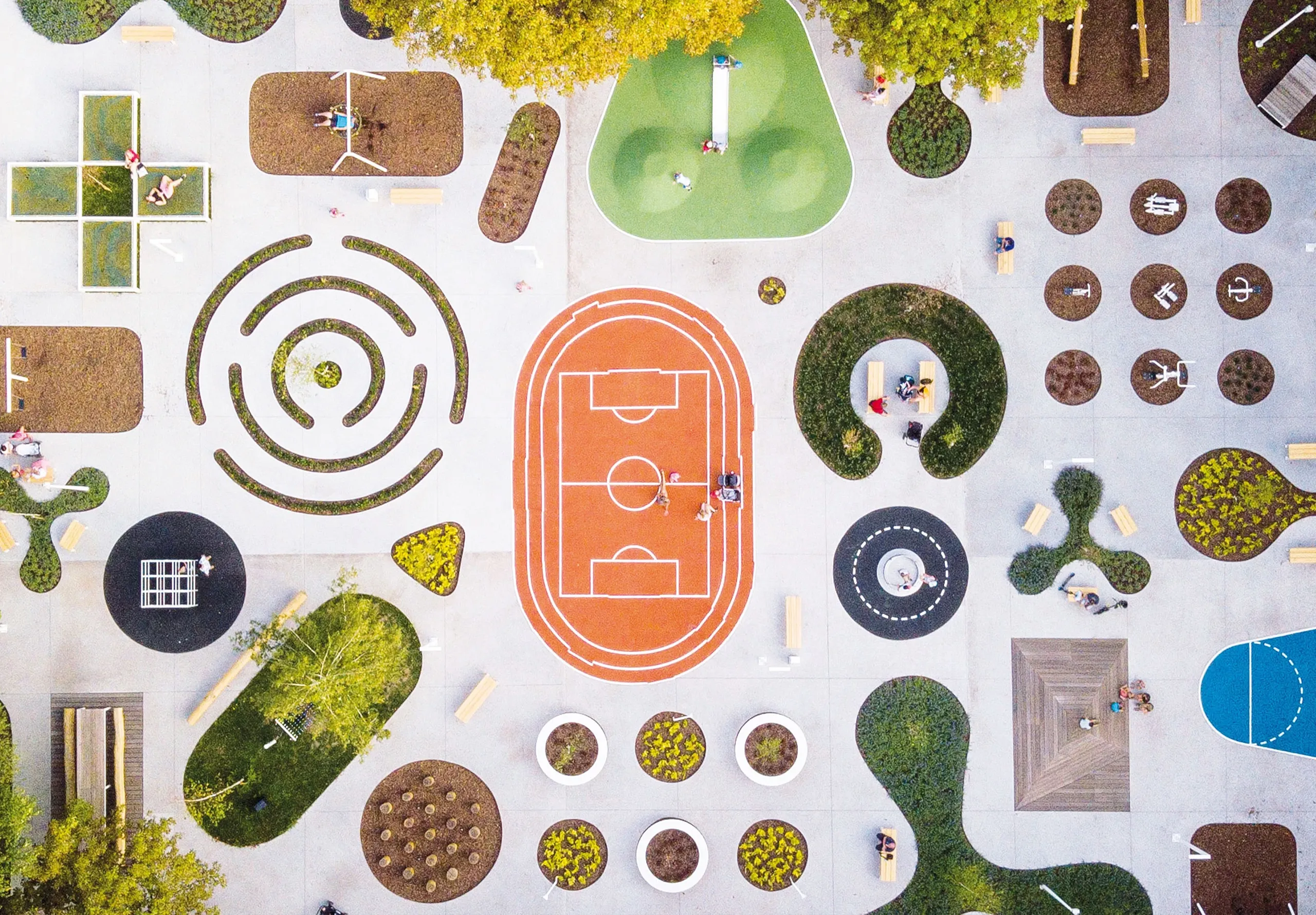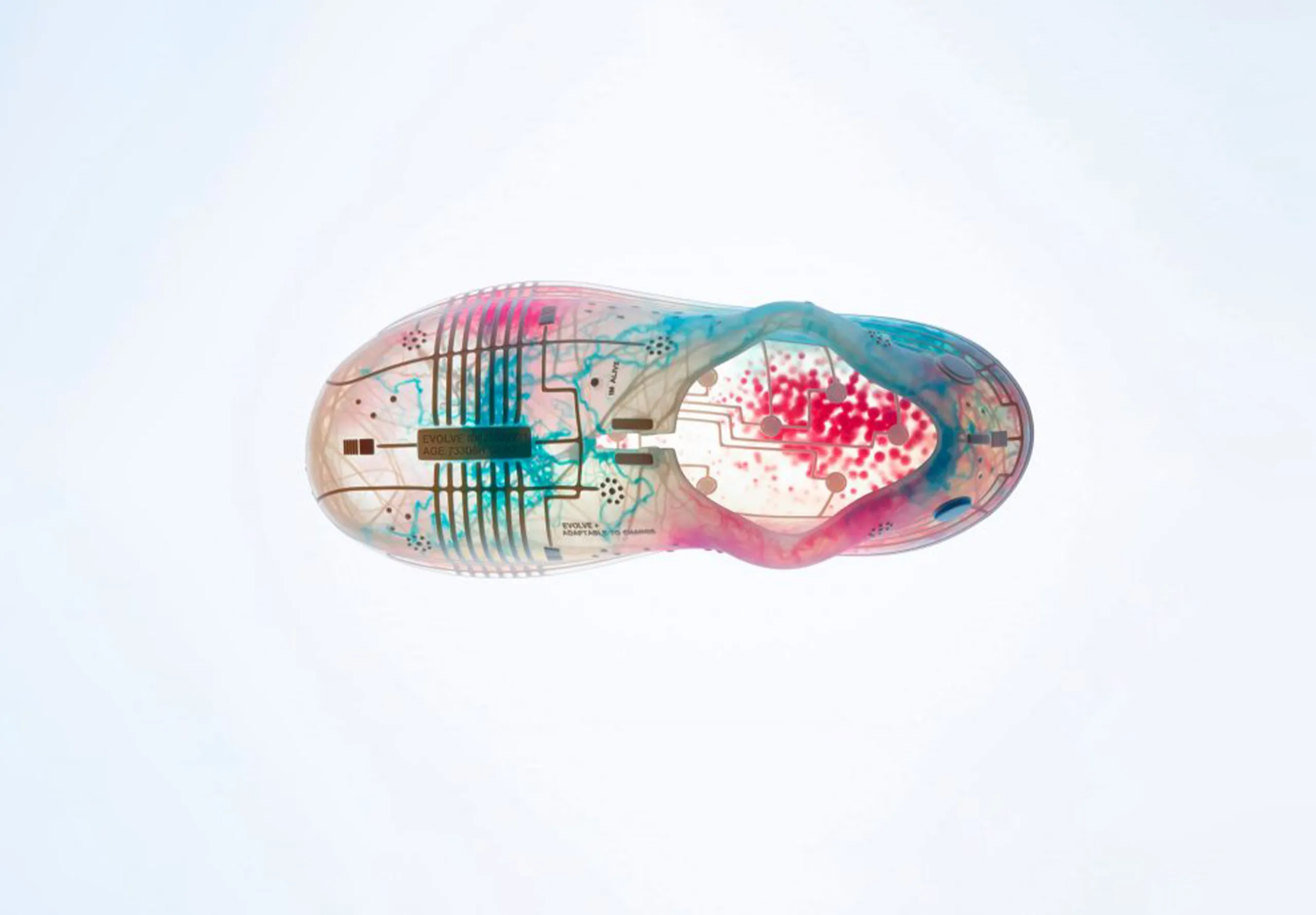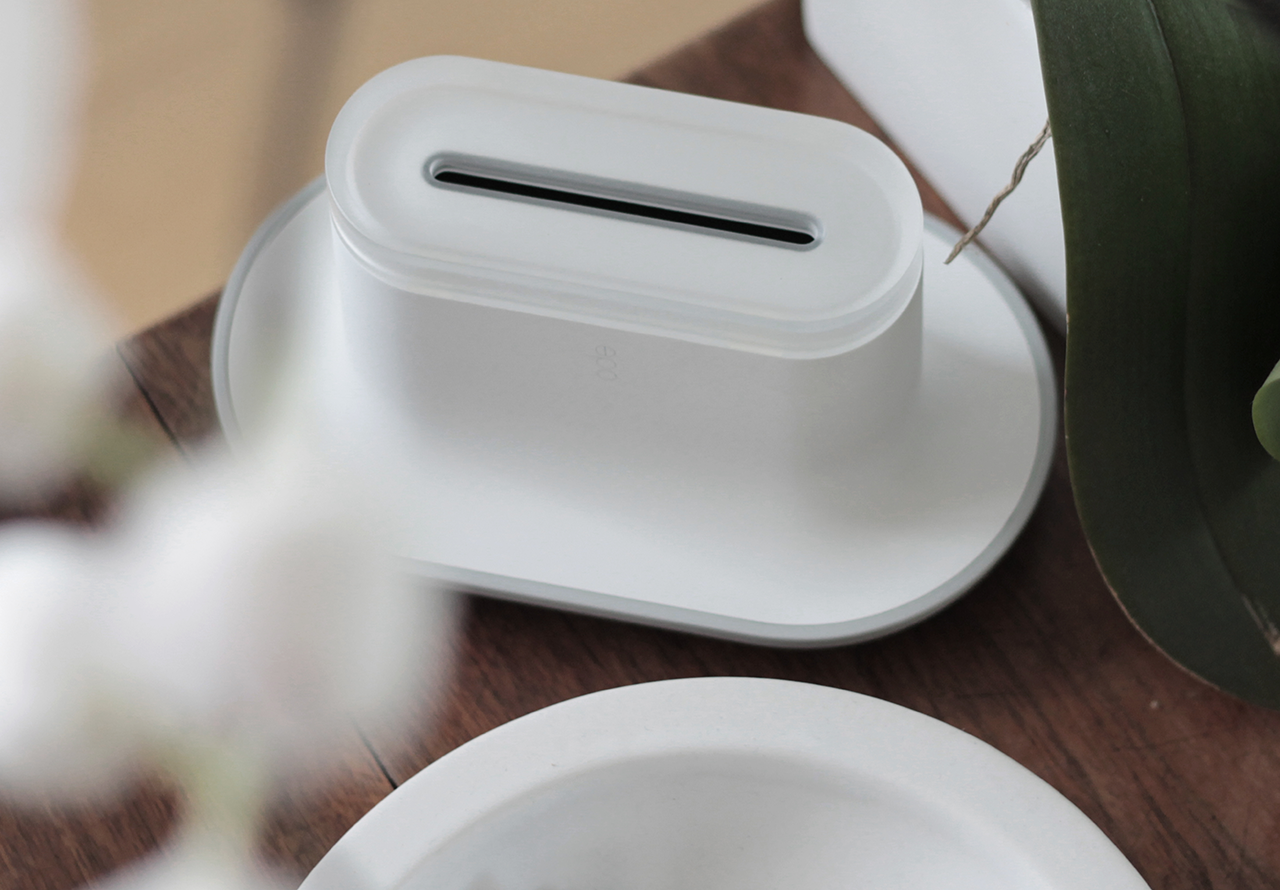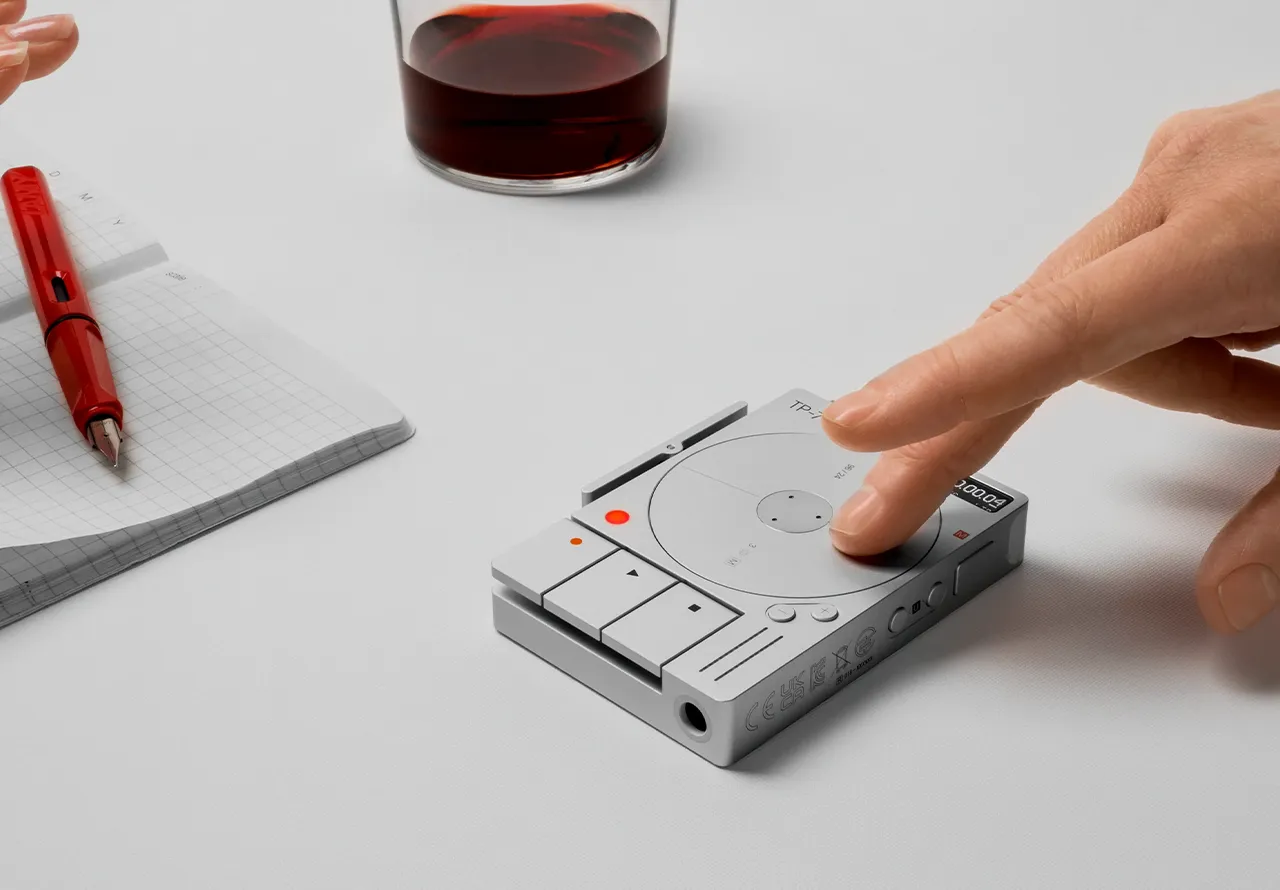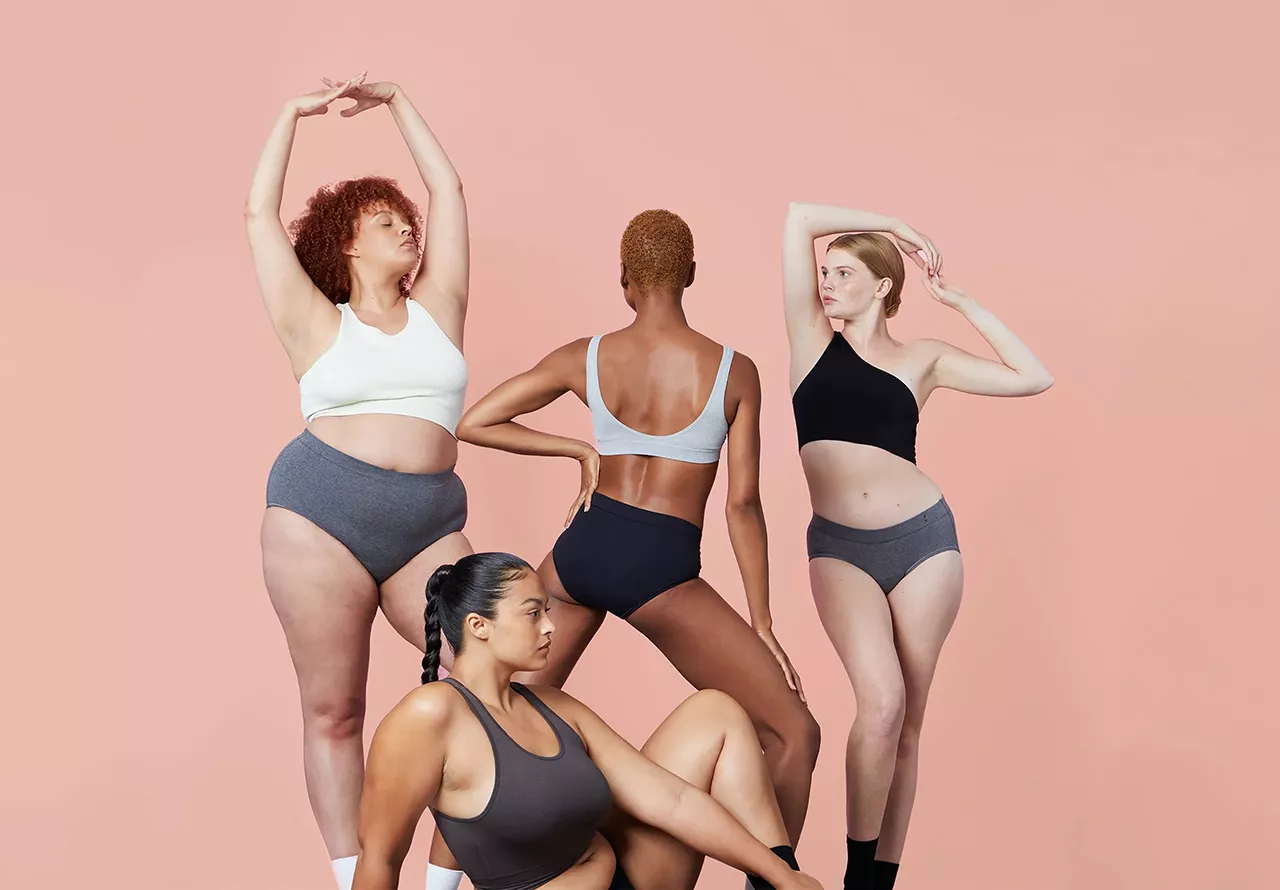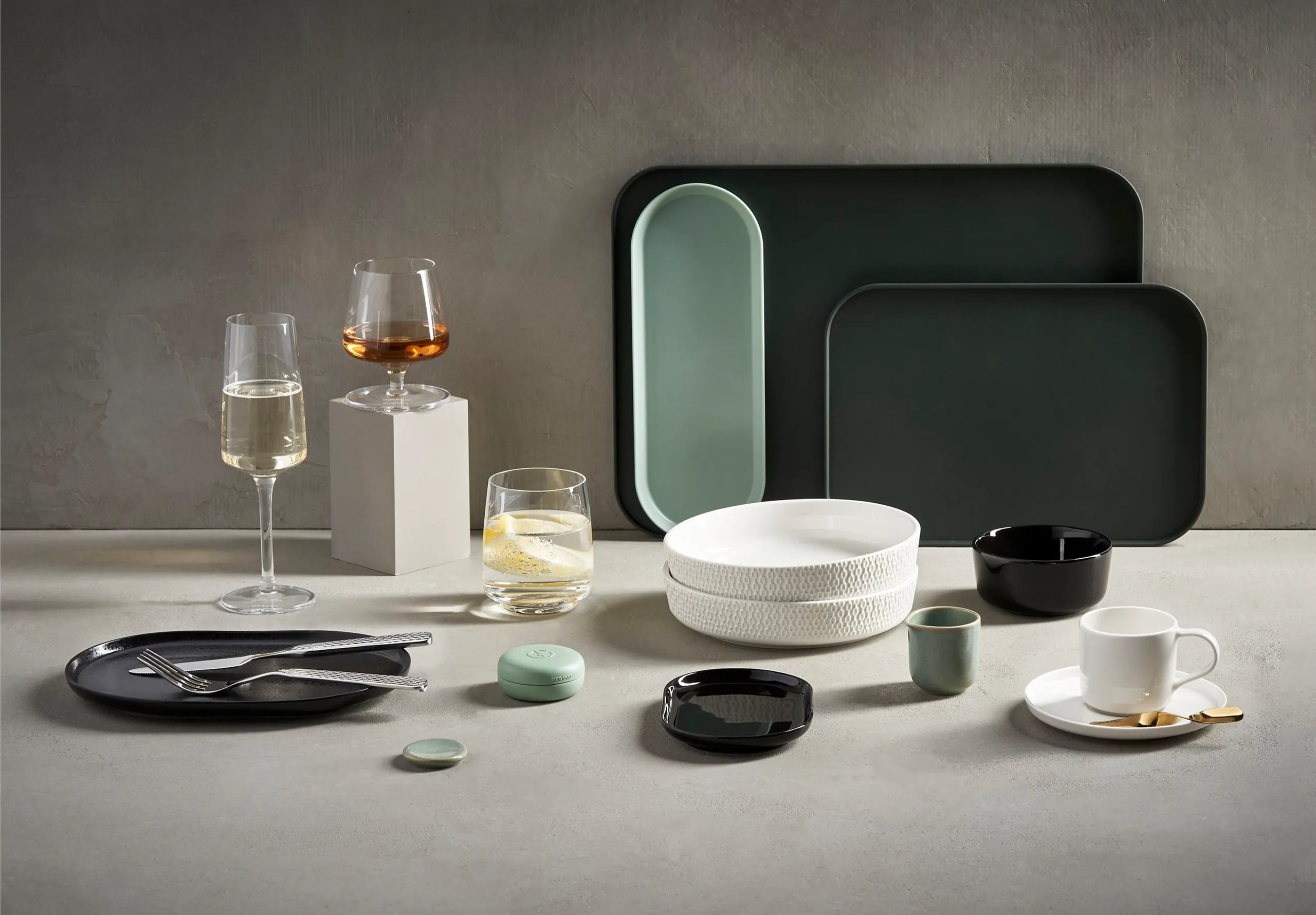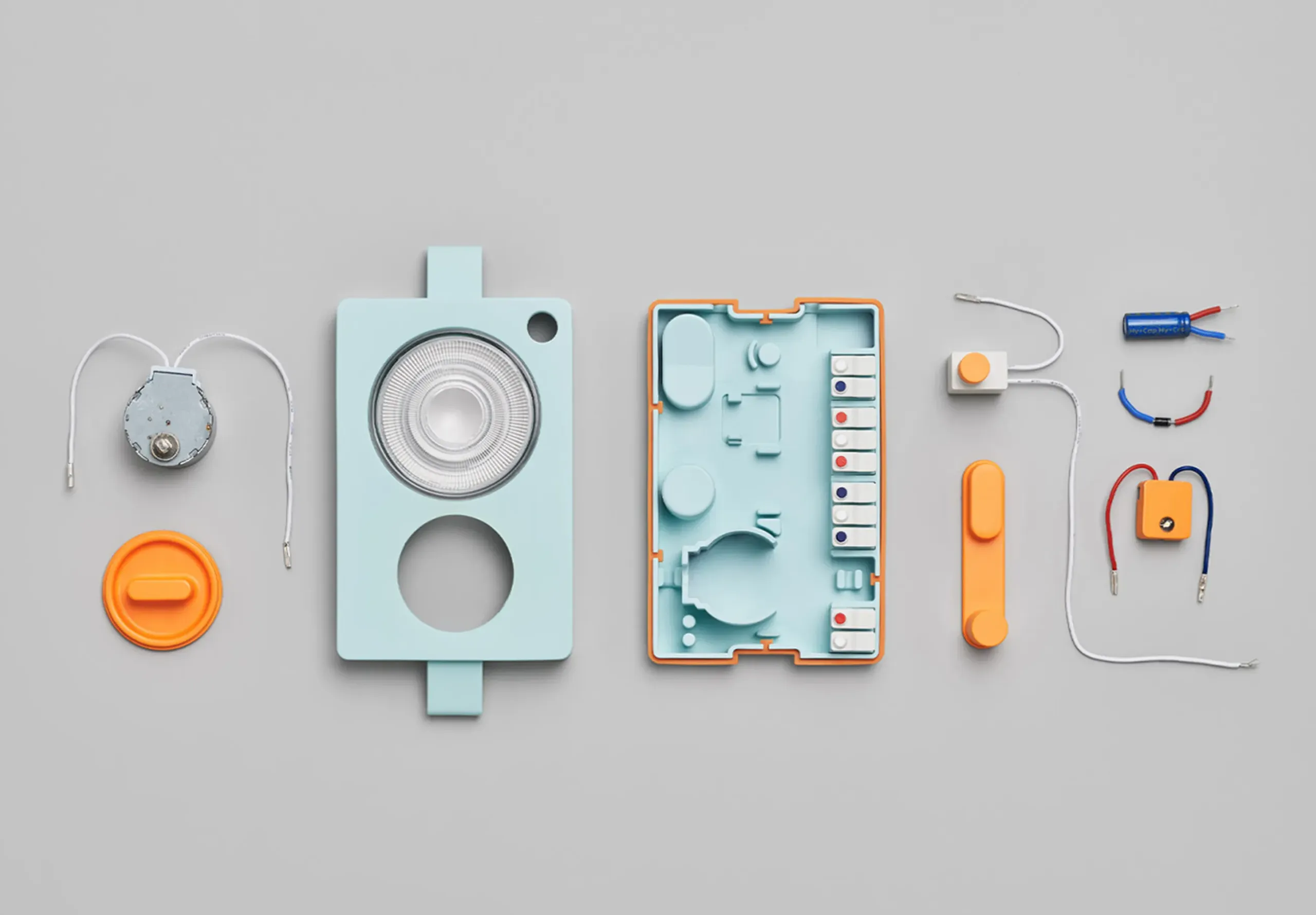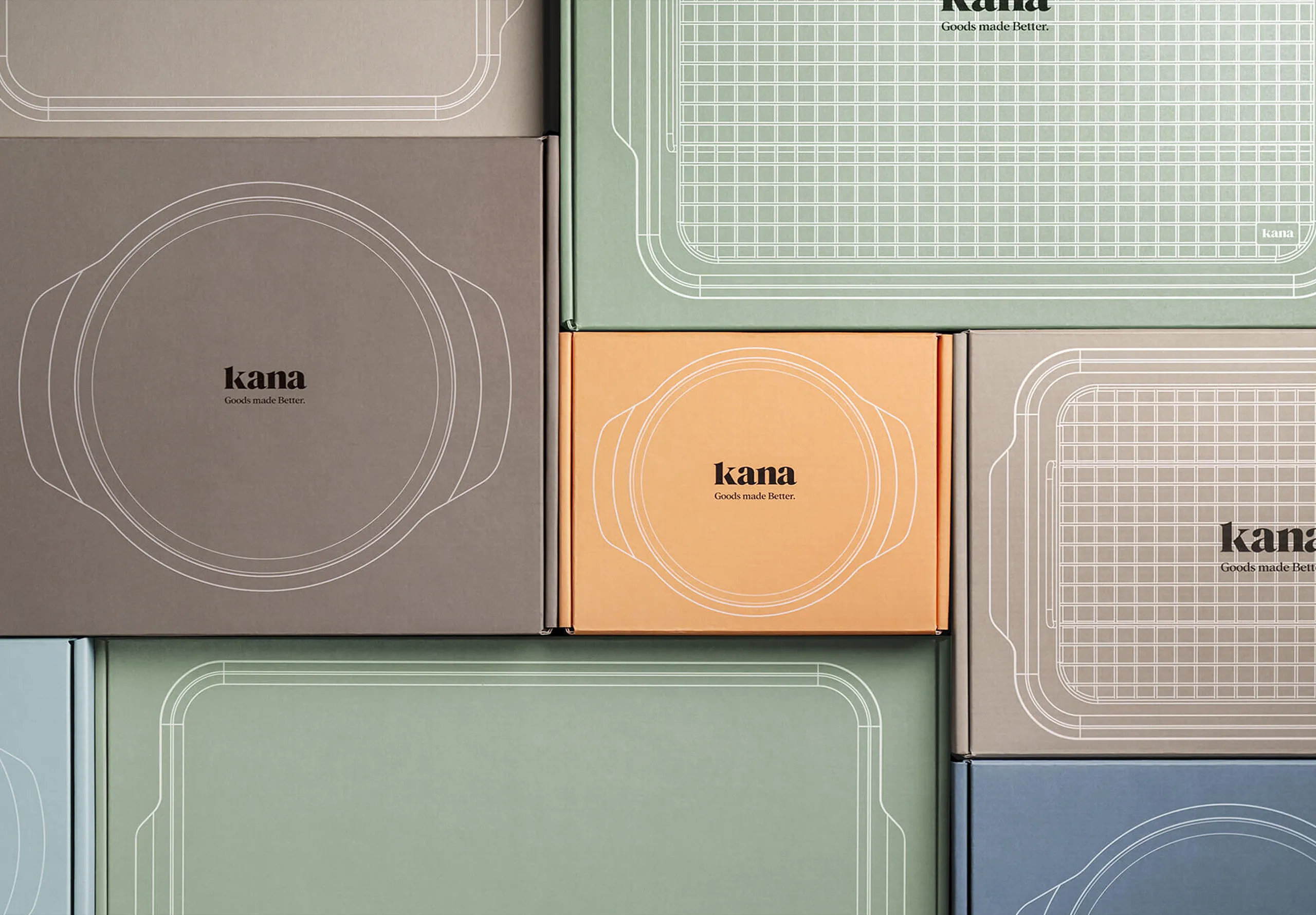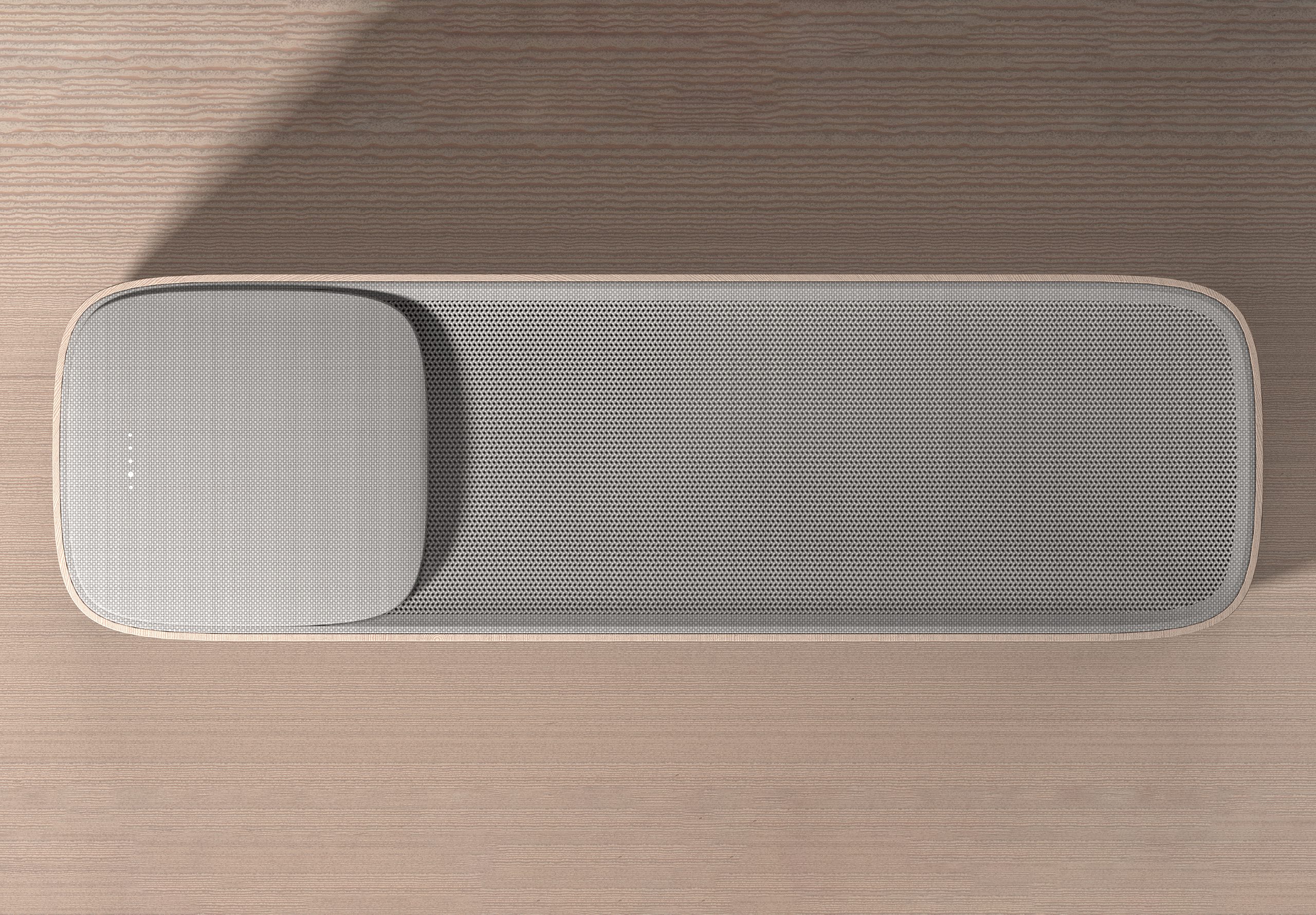Icons of innovation
Author Béatrice Lorans
This month, I’ve been drawn to work that demonstrates thoughtful evolution.
From legacy brands translating their signatures into new territories, to emerging products building on what came before, these projects show how good design knows what to preserve and when to push.
Read on…
Rimowa Groove Collection
The Groove collection marks luxury luggage brand RIMOWA’s first foray into leather. This transition works particularly well thanks to its signature detail: those distinctive grooves, first introduced in 1950, now reimagined as imprints on soft, supple leather.
There’s also a clever bit of perception going on. At first, the bags appear hard-shelled, but to the touch they transform, moulding to the contours of the body. This is how you evolve a brand: by identifying what makes it unmistakable, then translating that essence into something unexpected.
Posha Cooking Robot
Could this be the next Thermomix? Posha is a next-generation cooking robot born from a college project. The machine stirs, heats and times each step with minimal interaction, using a camera to analyse colour, texture and consistency with what the founder calls “human chef-like intelligence”.
The first version was a robotic arm, but customer feedback led to a complete pivot. It requires even less effort than a Thermomix: you load ingredients, select a recipe, and walk away. For those trying to eat well without the daily friction of meal planning, this could be transformative.
Bang & Olufsen Beo Grace
Bang & Olufsen’s Beo Grace earphones arrive as a flagship celebrating the brand’s 100th anniversary, crafted from aluminium and leather and positioned as “wearable audio sculptures”. The design inherits the iconic metal stem of the original A8 model while reimagining it through wireless technology.
The polished aluminium body and pearlescent charging case take inspiration from fine silversmithing, while a customised battery management system extends battery life to over 2,000 cycles. When handled with this level of craft, personal technology becomes something you want to wear, not just use.
Infinite Machine Olto E-Bike
This sit-down electric scooter was designed to ride in city bike lanes, with retro-futuristic lines that make it unmistakable. The Olto seats two passengers, features convertible footrests that double as pedals and includes a reverse function – quite unusual for e-bikes.
The tech integration feels thoughtful: GPS tracking via app, a dedicated AirTag slot, and automatic steering and wheel locking when parked. As cities reduce car dependency and introduce more protected bike lanes, compact vehicles like this could help transition toward cleaner, more flexible transportation. Clean lines, minimal branding, maximum function.
